On this page
Get inspiration on how to set up different areas or activities for your playgroup to create an inviting and engaging learning environment.
Different spaces and experiences within a learning environment
Your environment can be set up to provide different experiences and spaces for specific types of play. Remember that different spaces can also have multiple uses.
Consider creating spaces for each of the categories.
Messy play
Children benefit from a range of sensory play experiences.
Consider setting up an area where you can do messy activities such as:
- painting
- playdough
- sensory play.
If you can, set up a ‘wet area’ that can be cleaned up easily. If you only have access to a carpeted space, put down some large plastic tarps to protect the floor and make cleaning up easier.
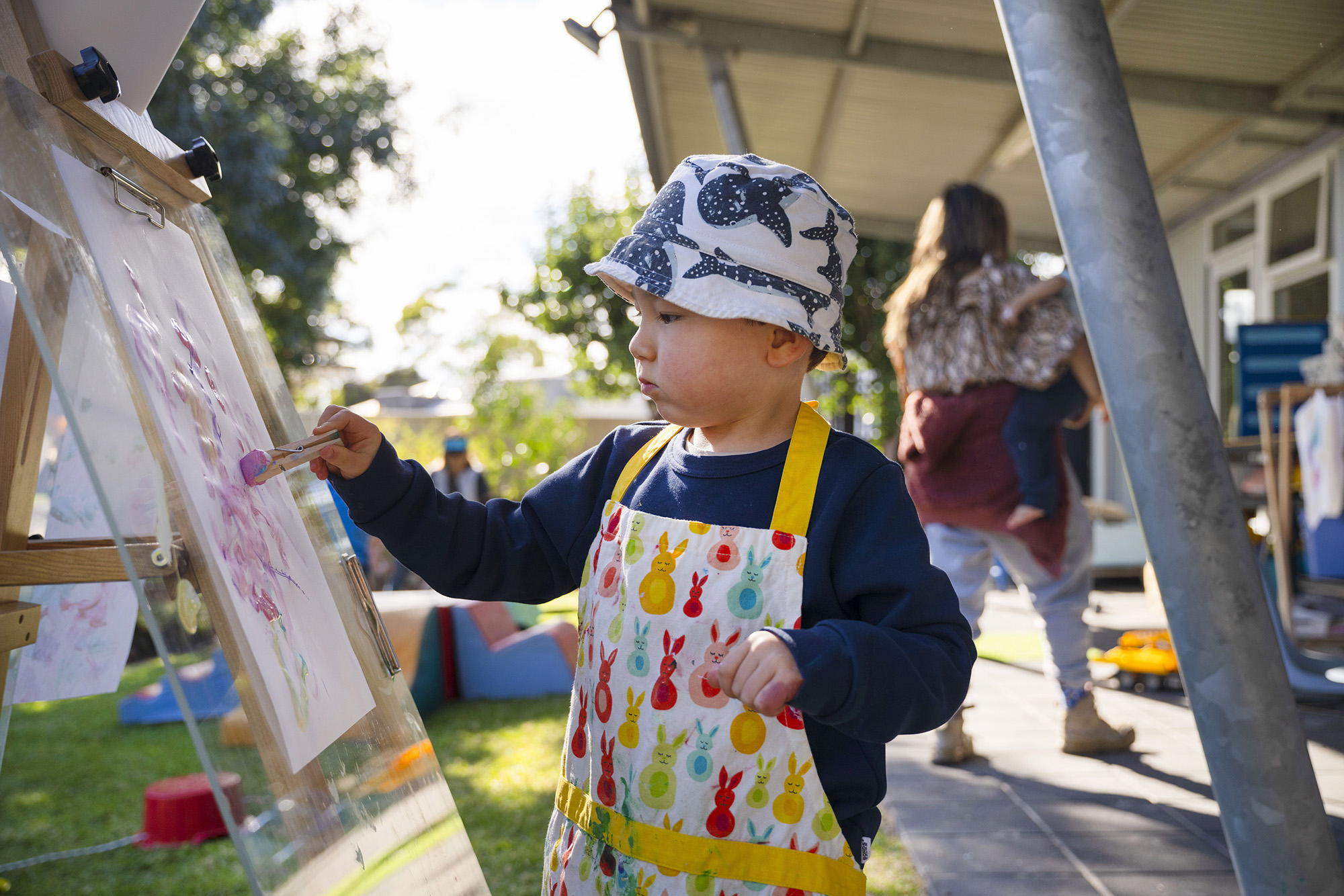
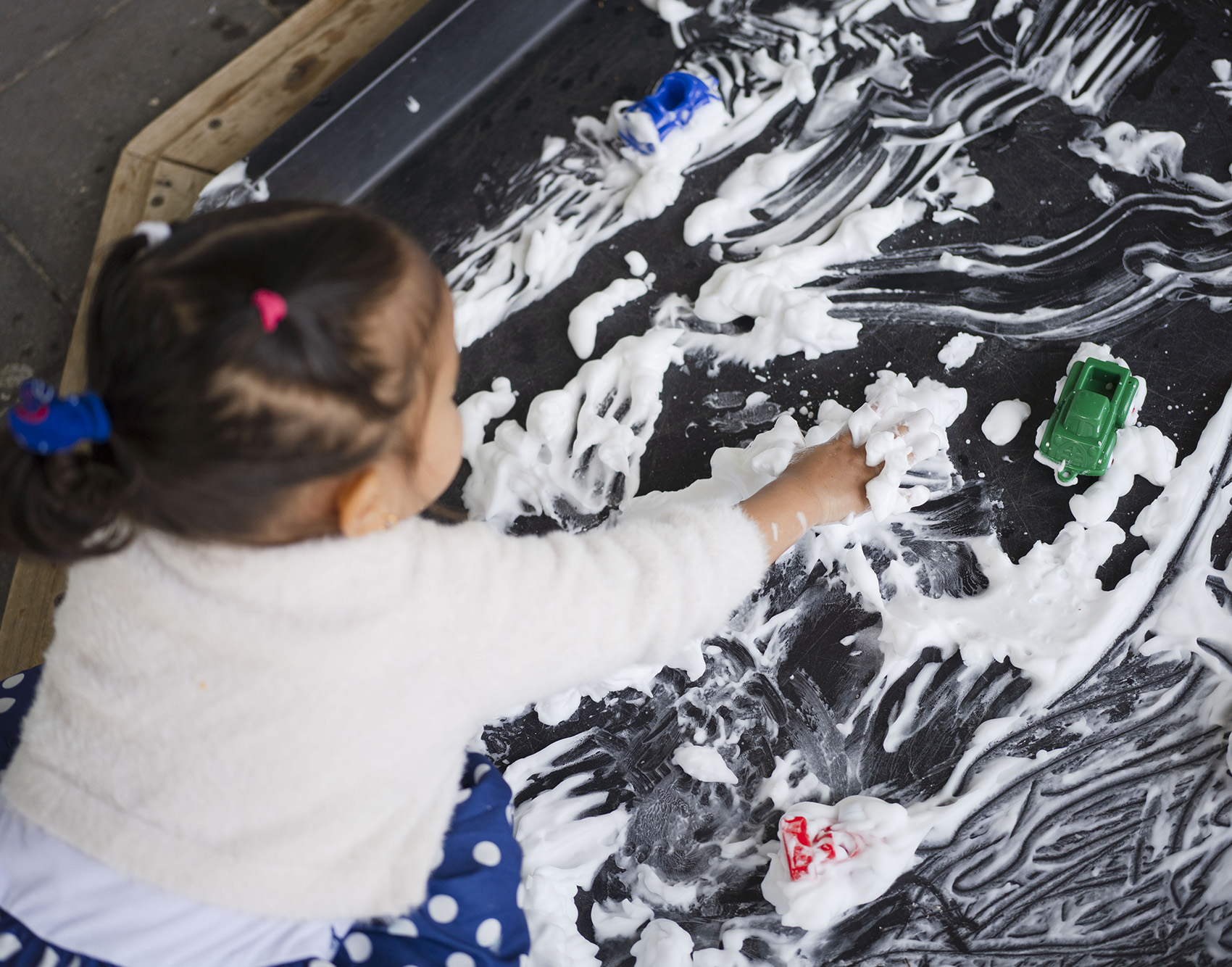
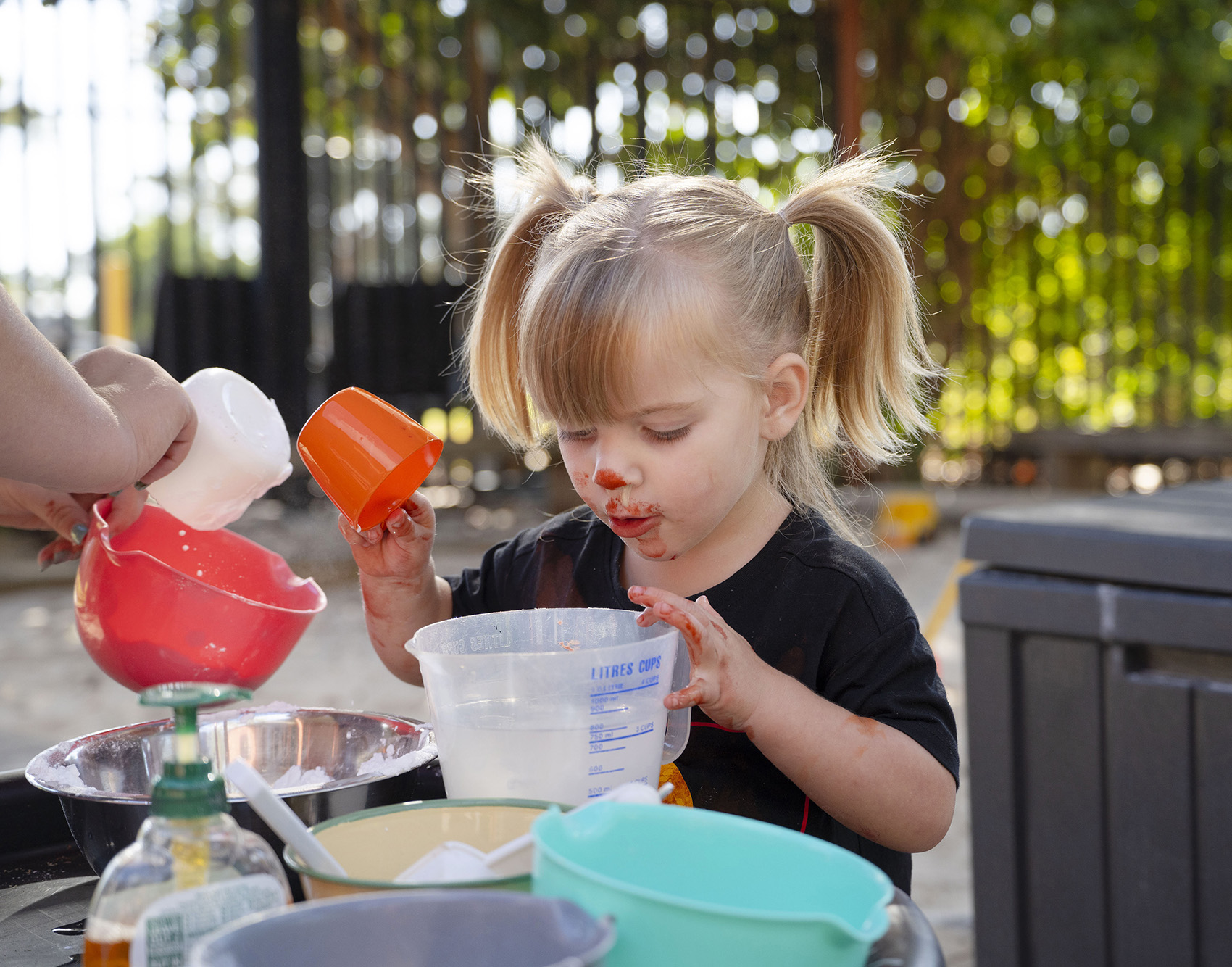
Drawing and writing
Consider how you can present experiences and materials in interesting and inviting ways to support children’s creativity and provide them with different opportunities to write and draw.
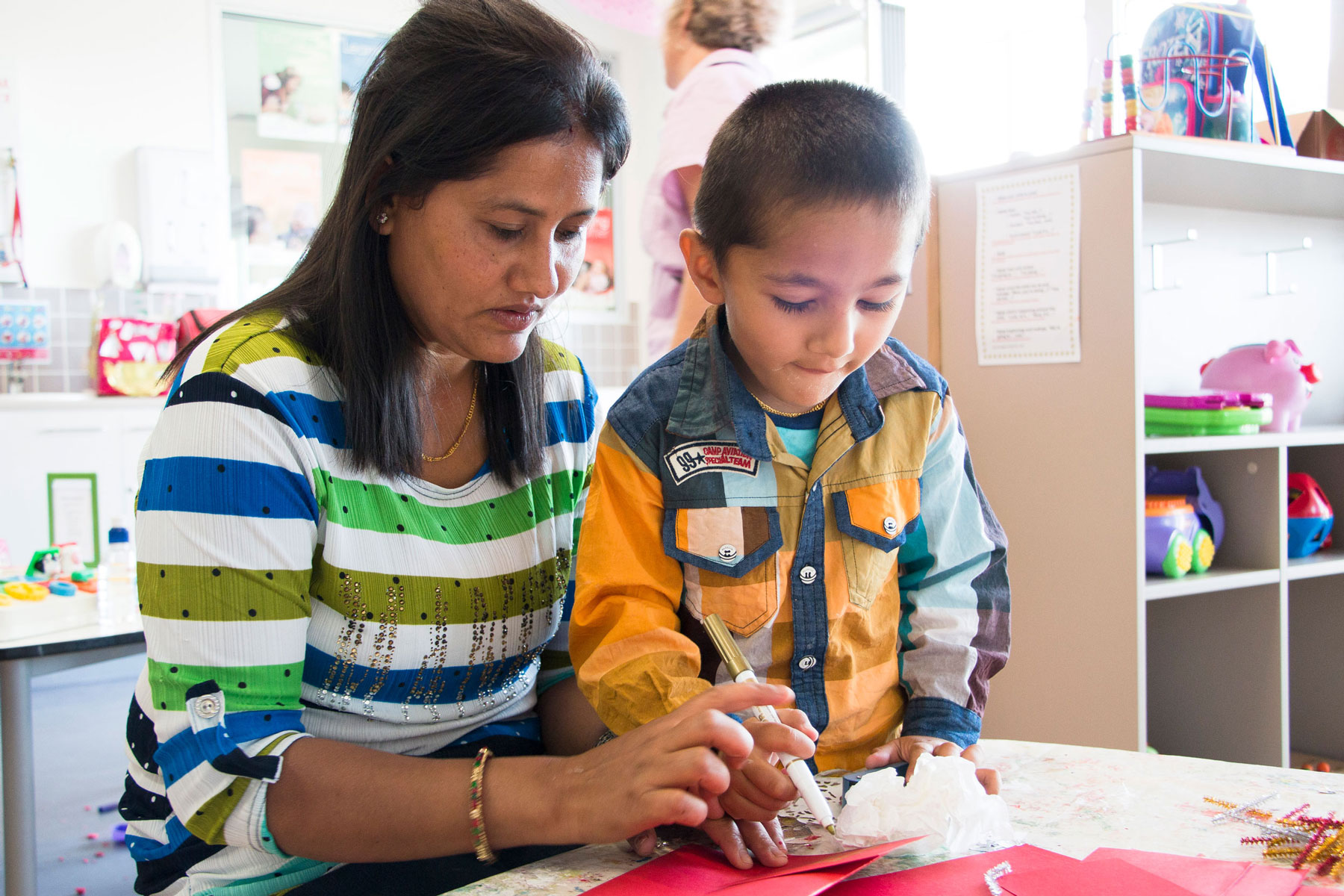
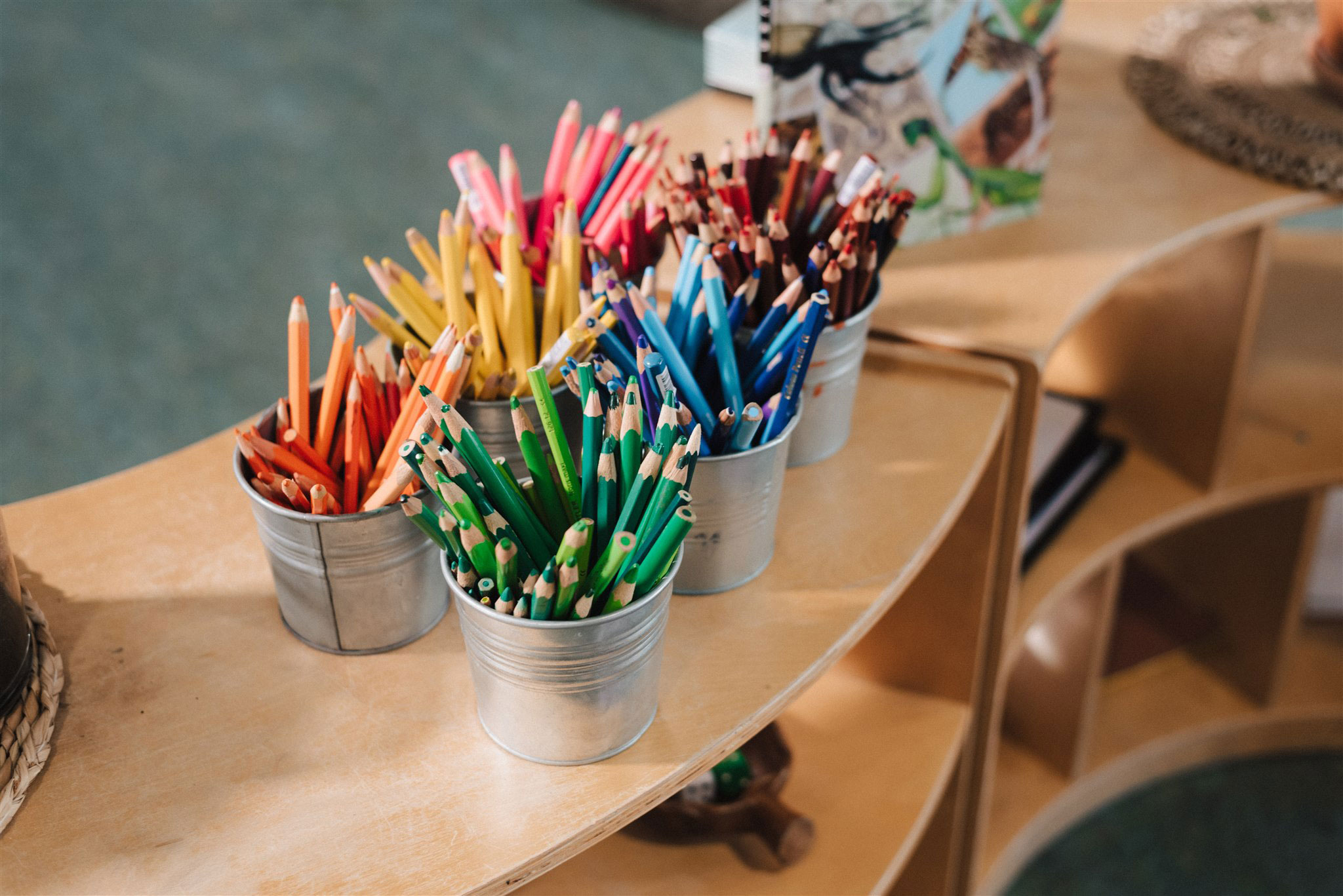
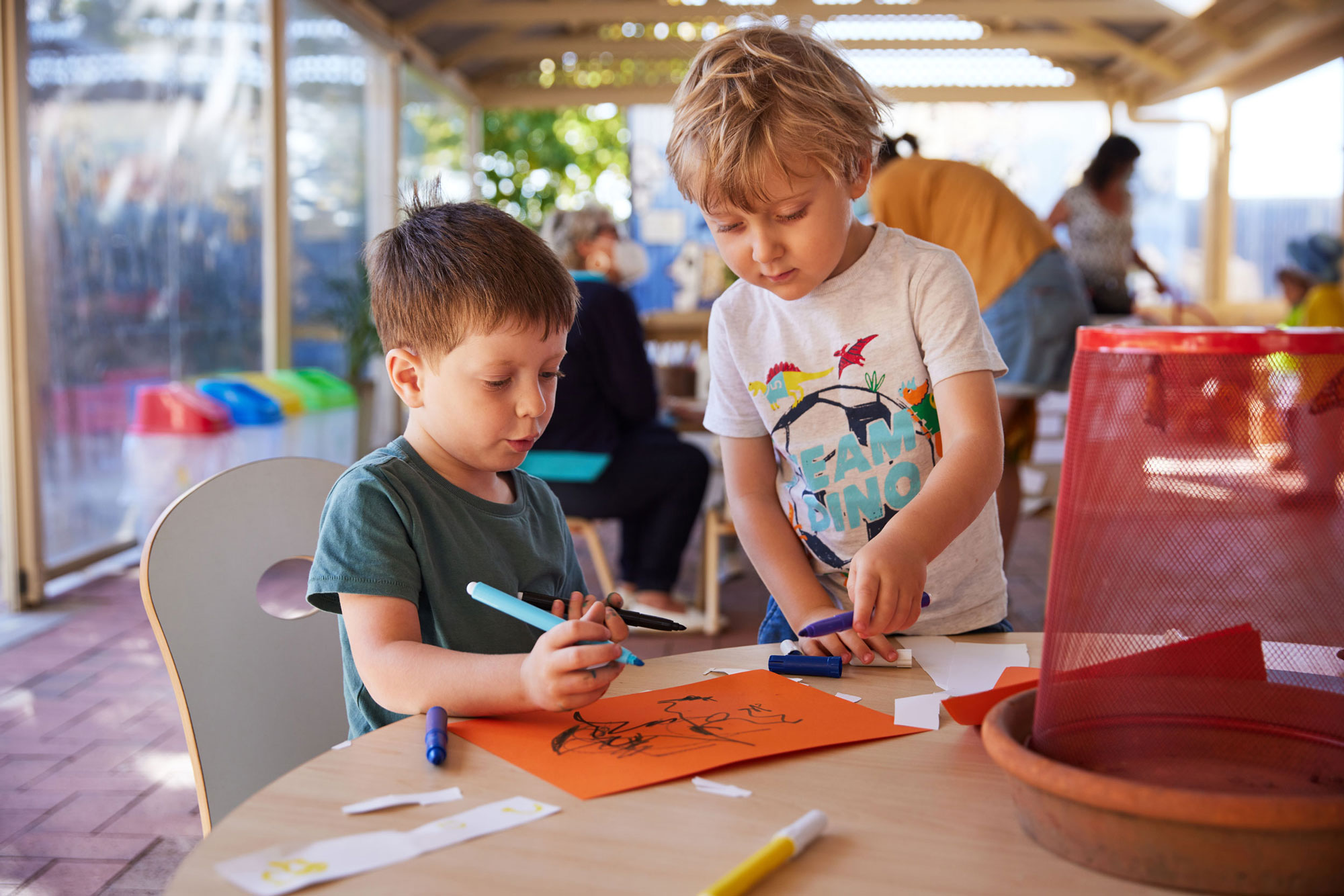
Building and construction
Set up an open space for building and construction where children can play uninterrupted without impacting other activities.
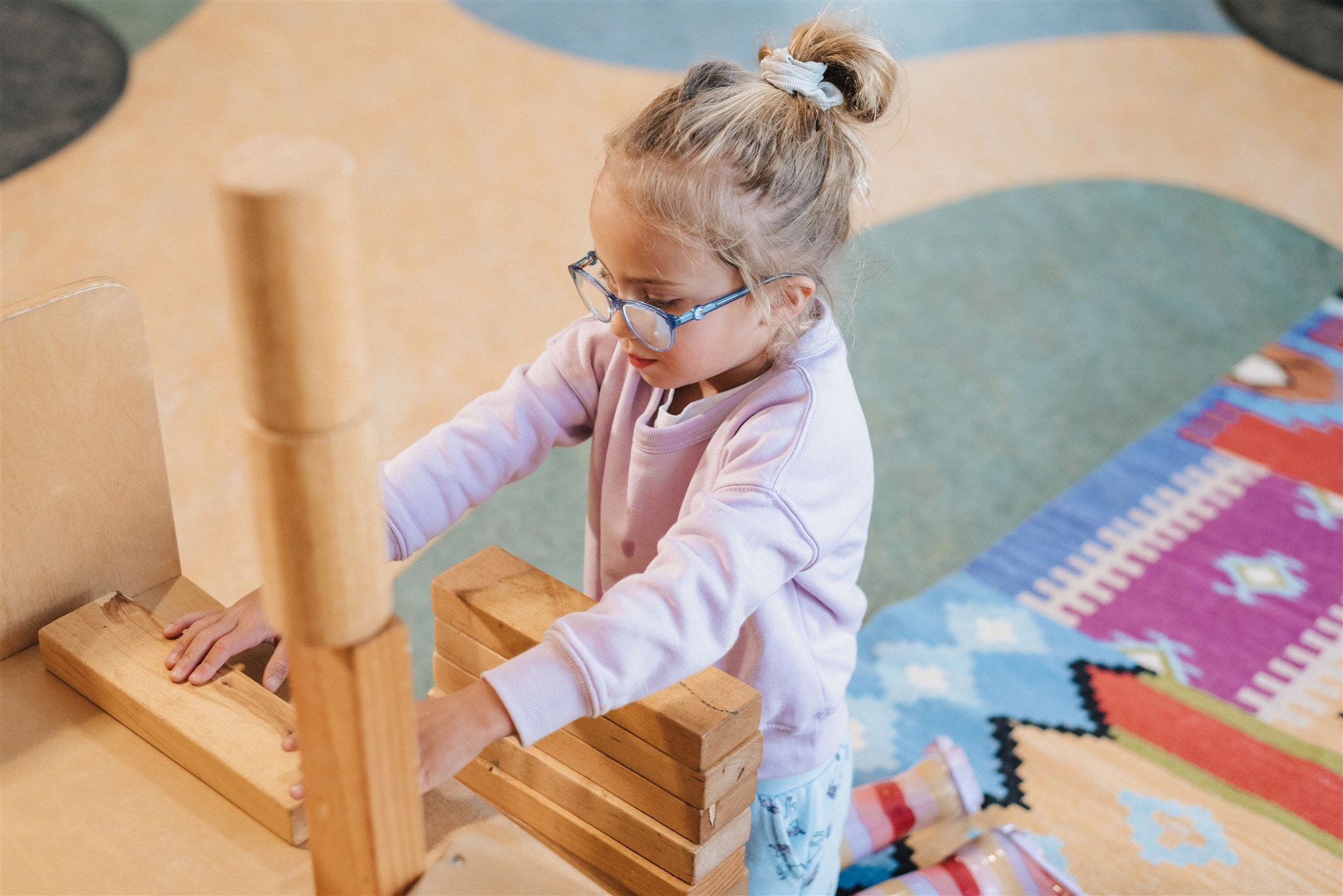
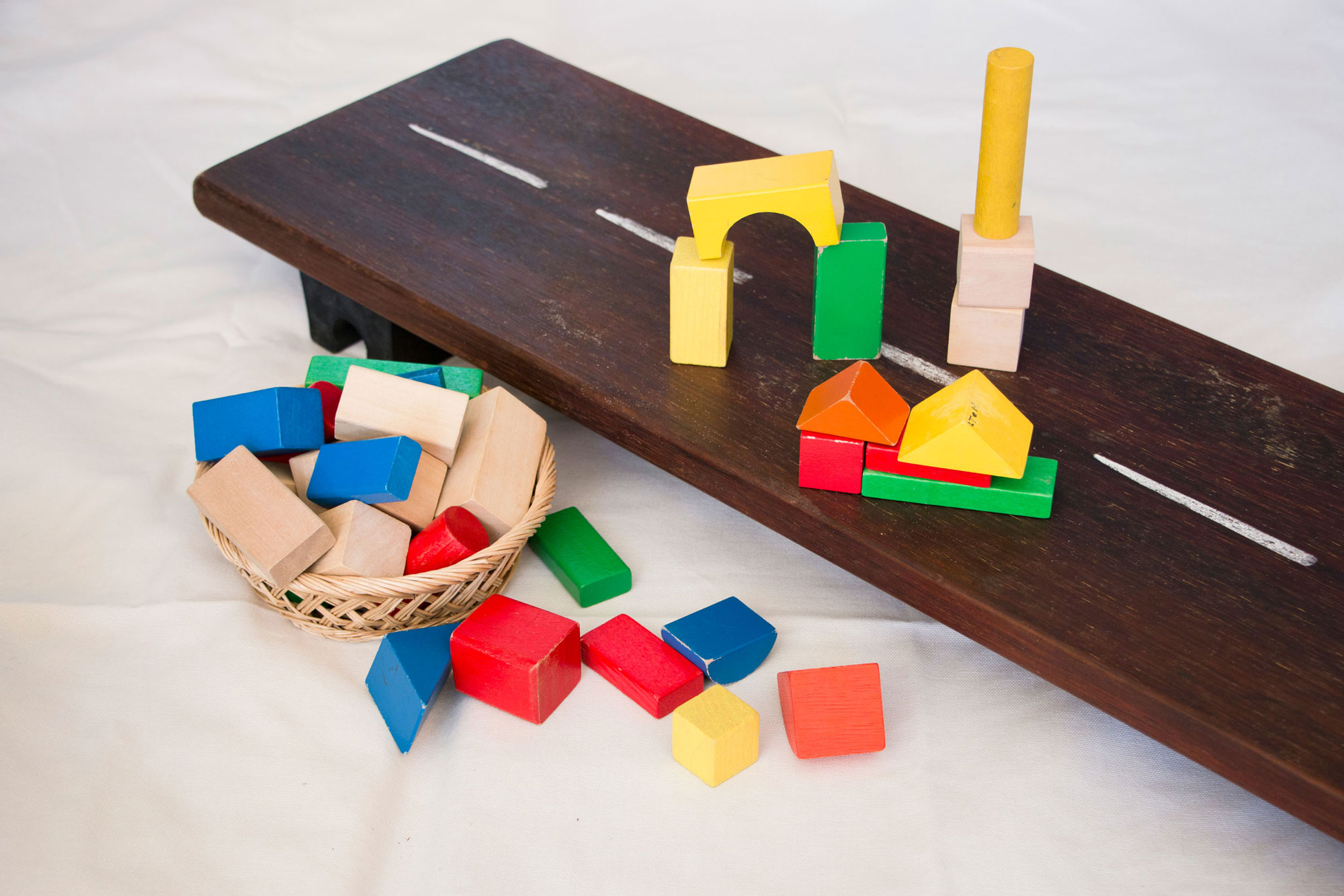
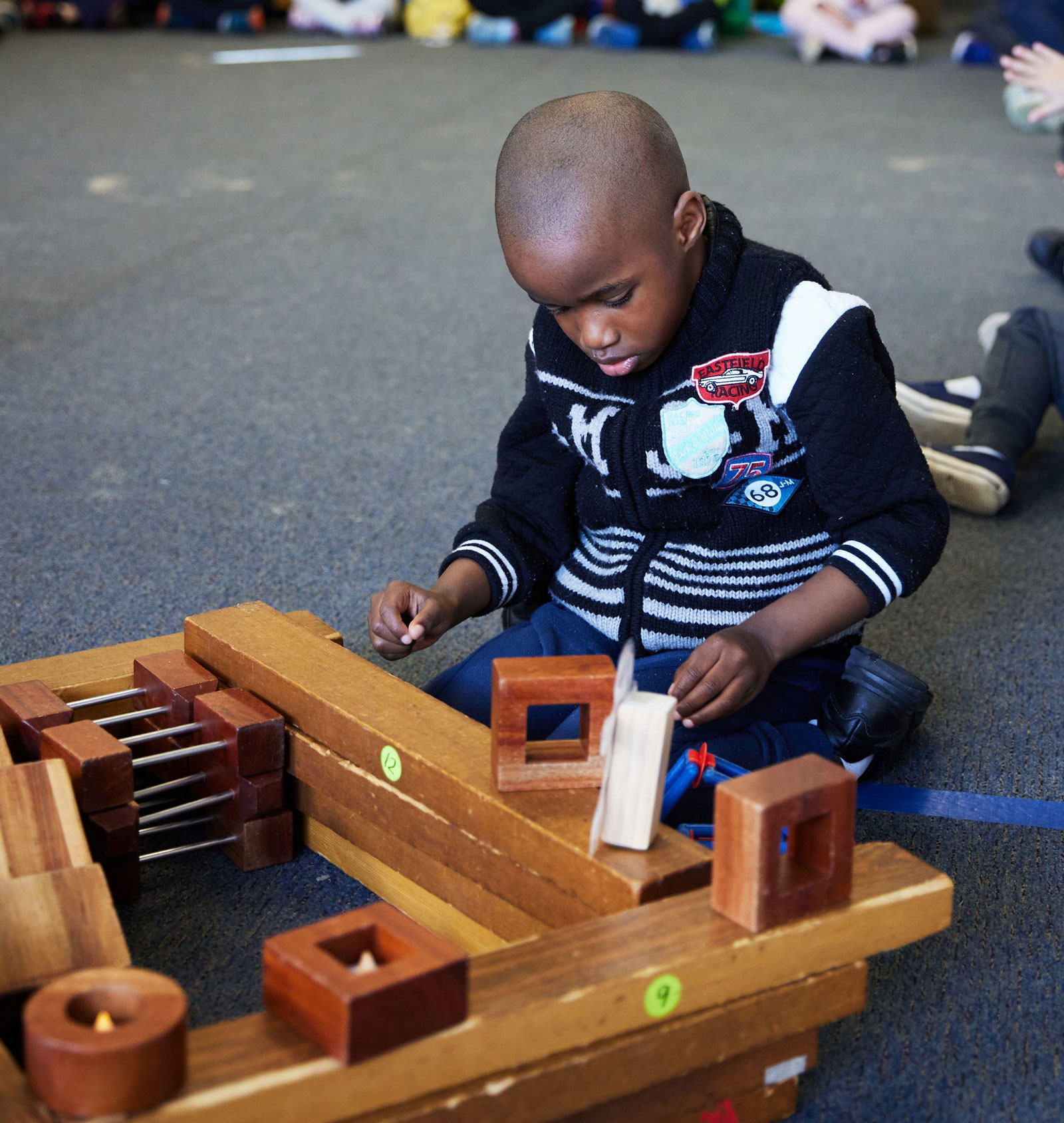
Dramatic play
Set up spaces that reflect real life settings to help children develop their imagination and offer opportunities for role-playing. Dramatic play offers many opportunities to provide language rich experiences for children.
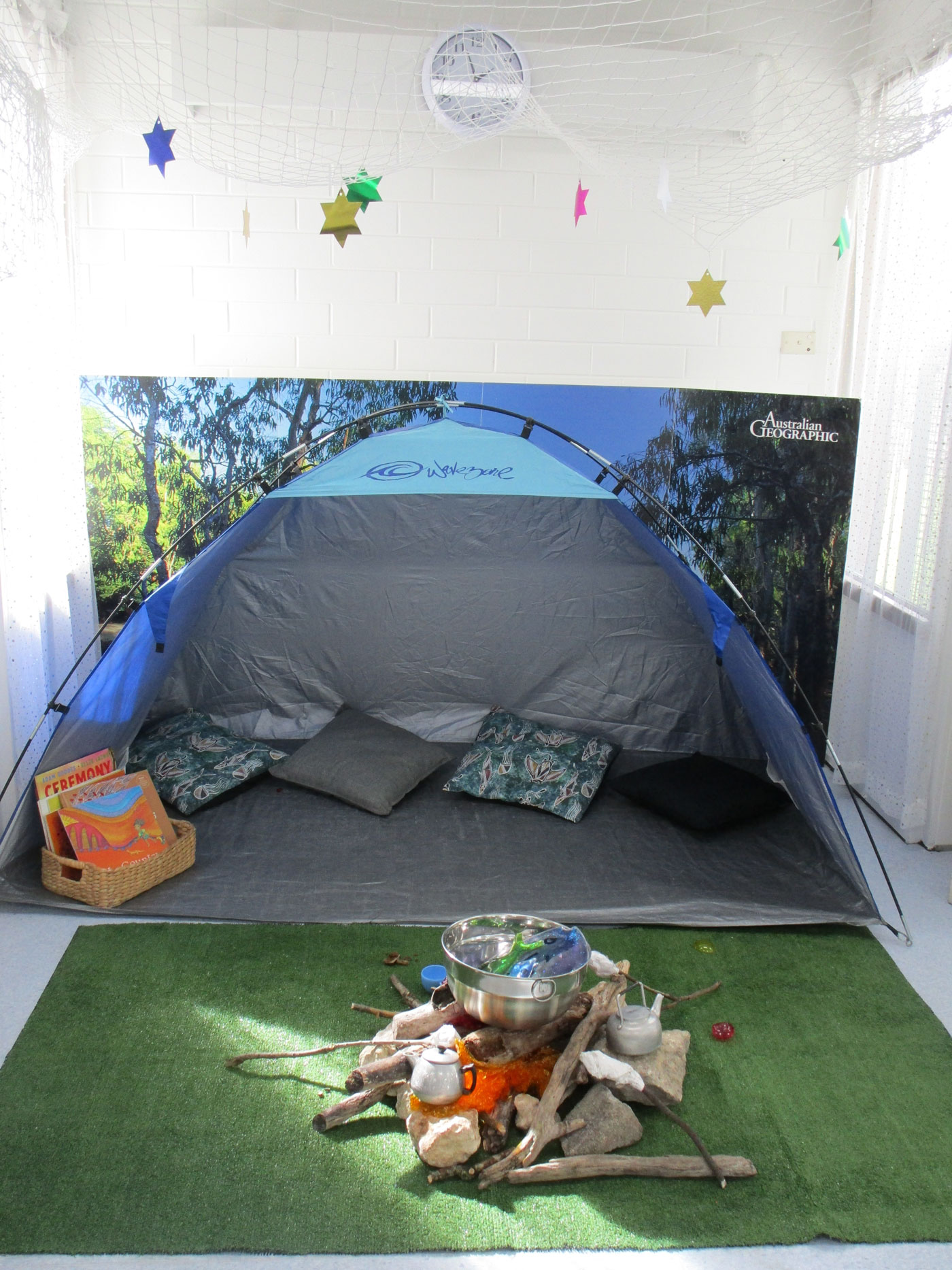
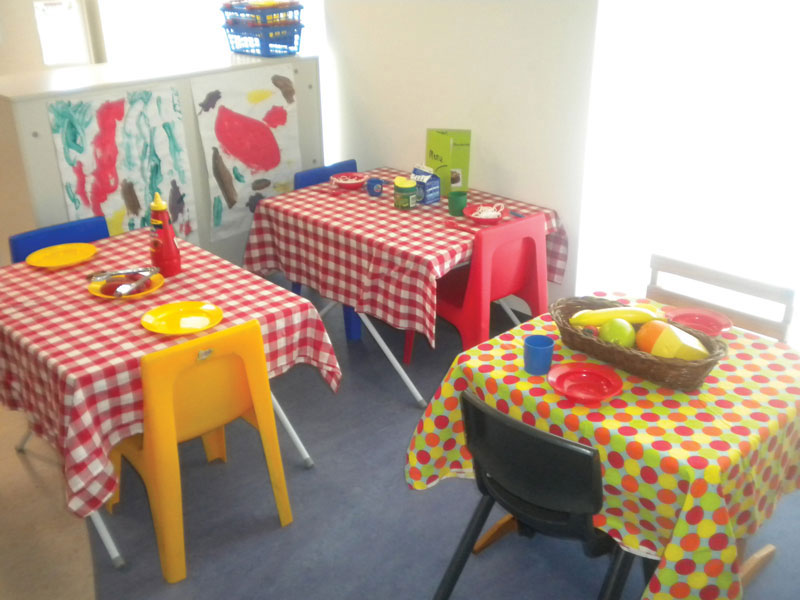
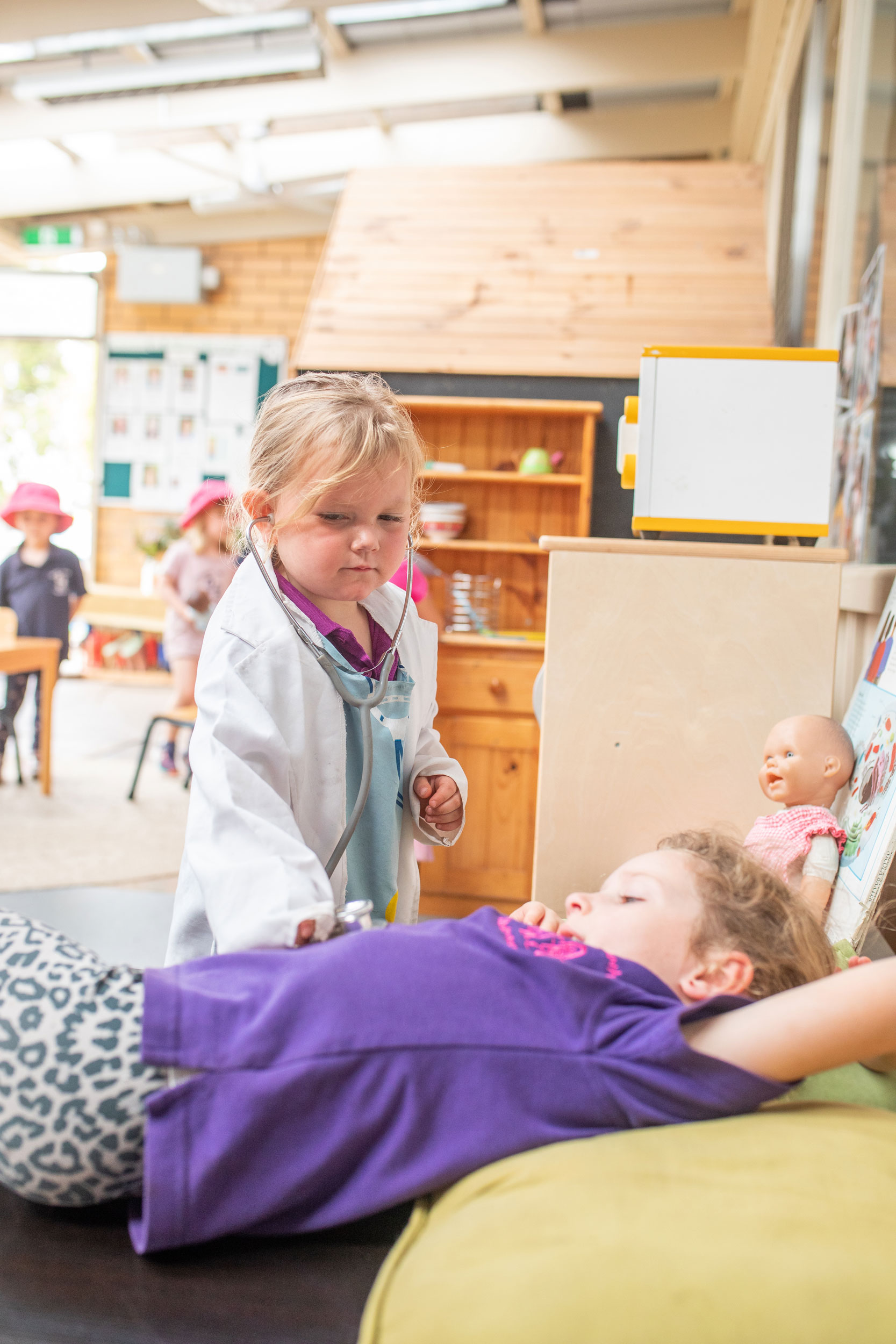
Reading
You can transform many spaces into a cosy reading space. The space should:
- be comfortable
- be well-lit
- be quiet
- have a range of reading materials
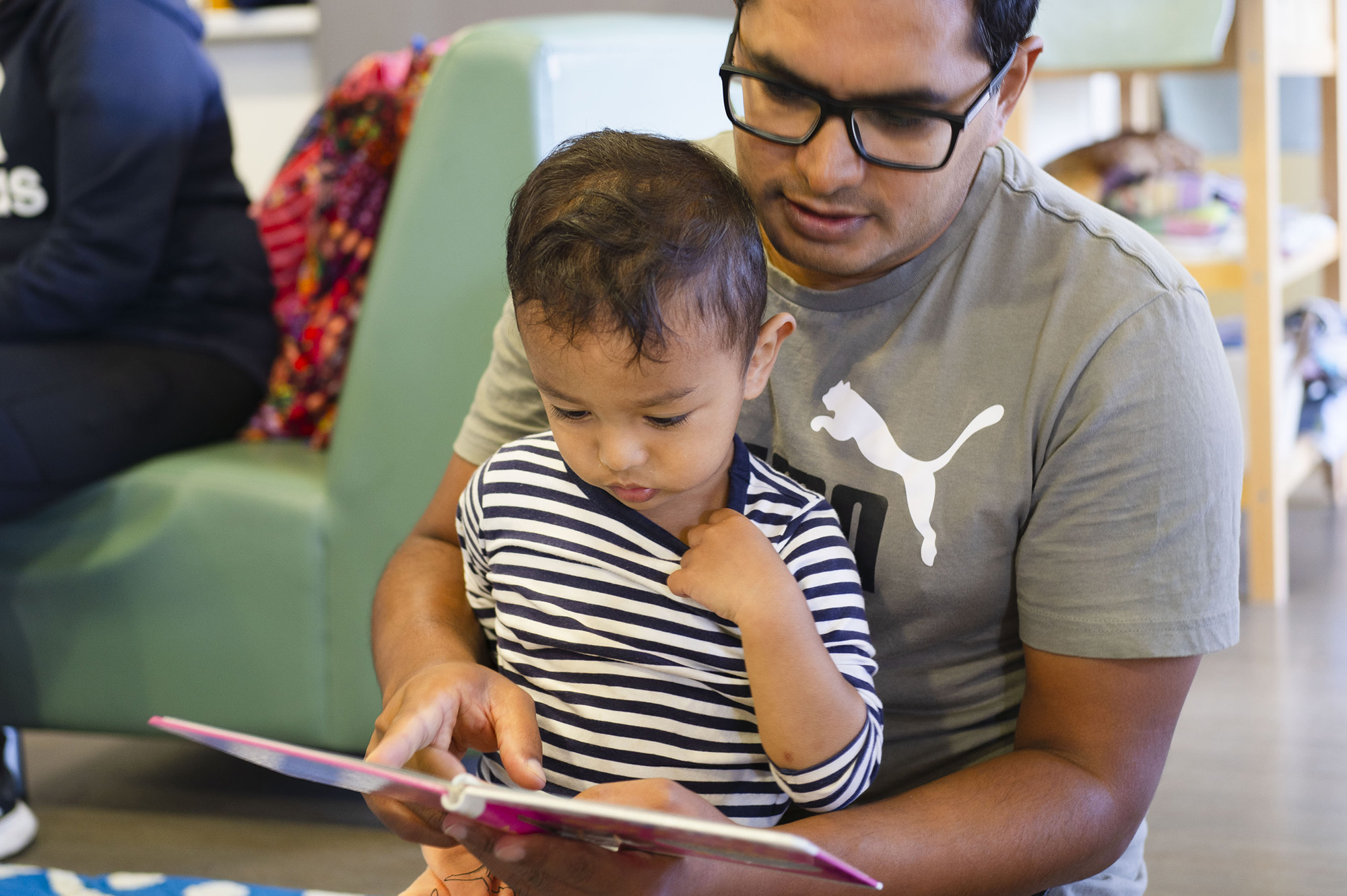
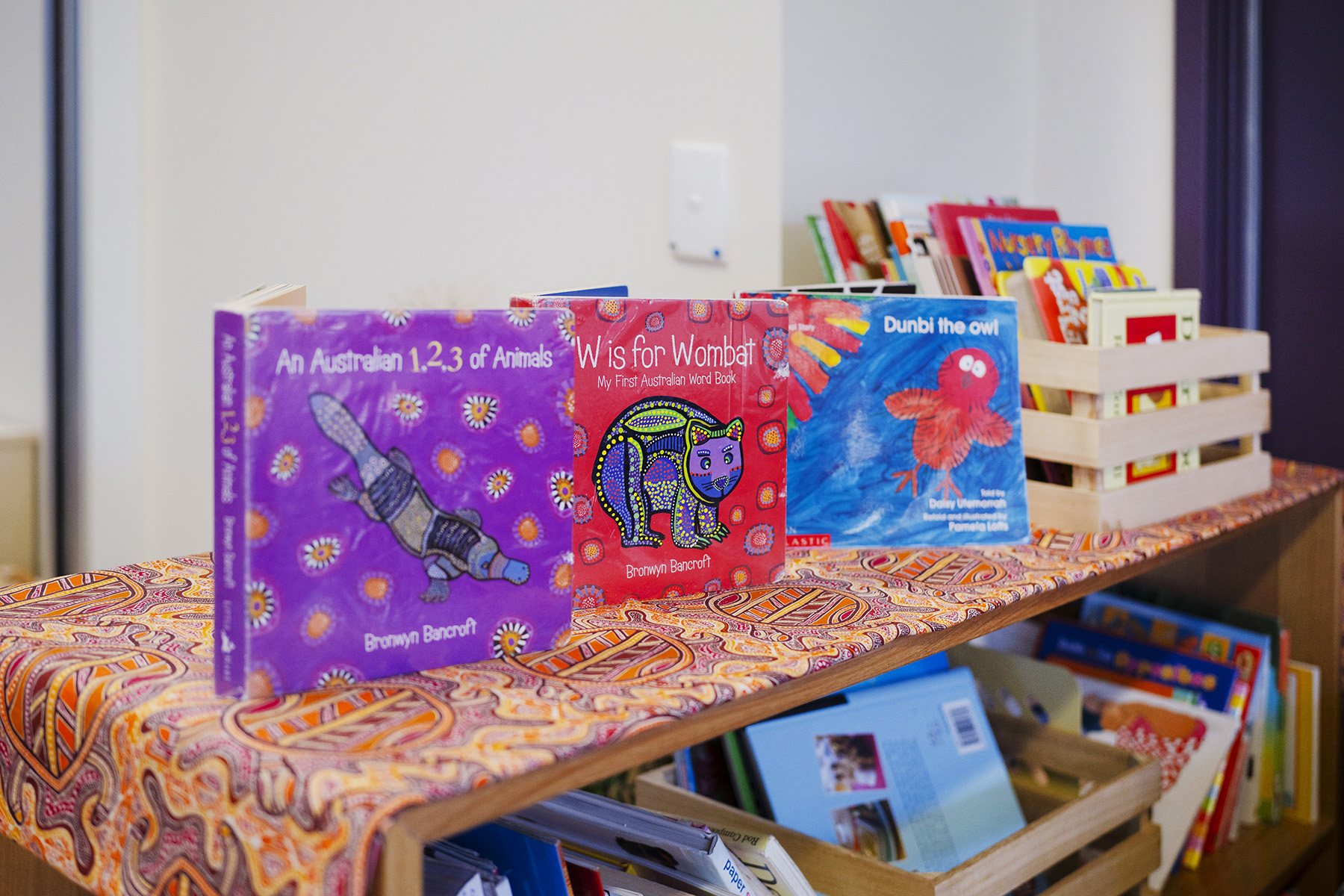
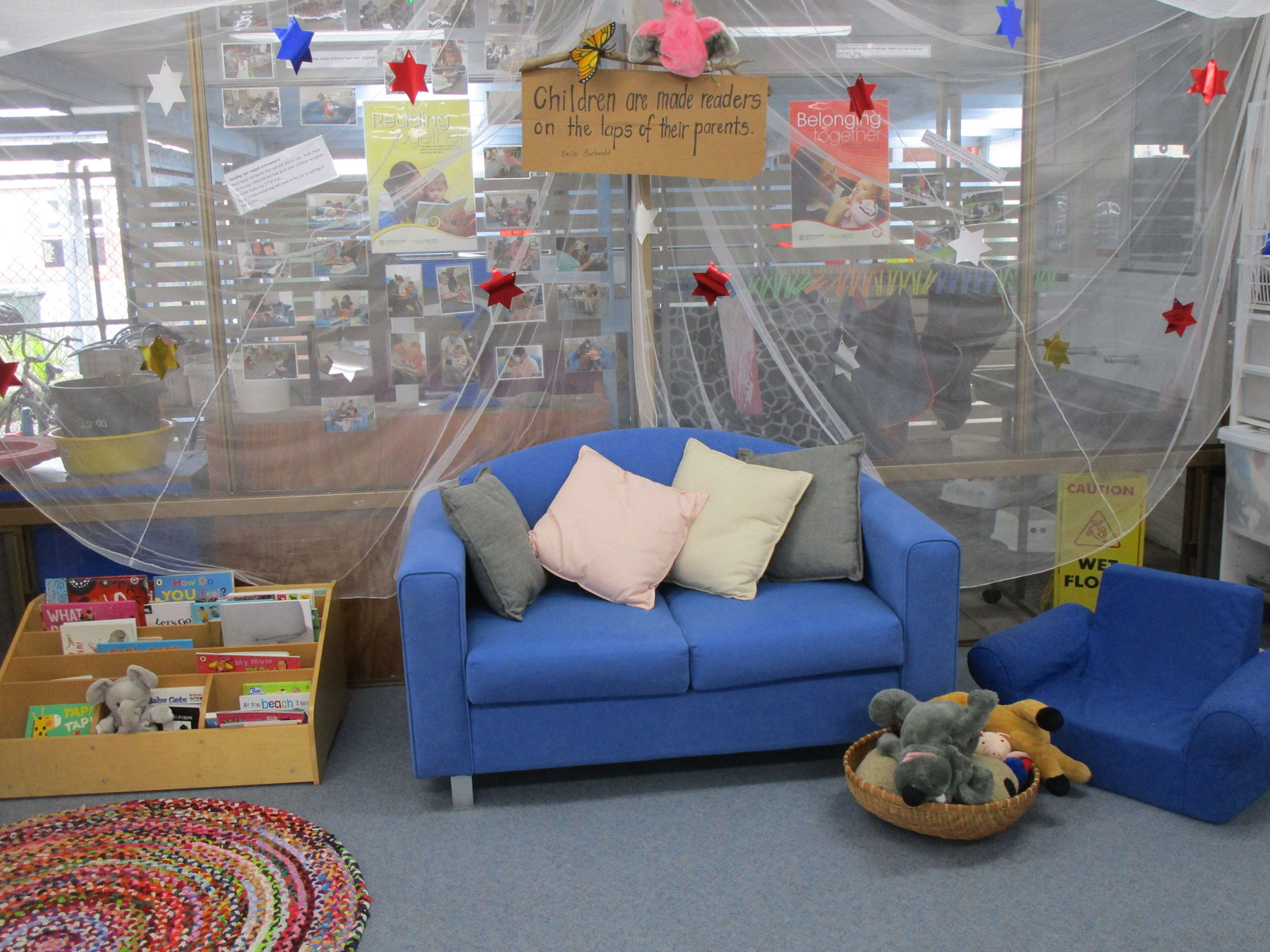
Enabling sensory play – accessories
You can include a variety of sensory textures, sights, sounds and smells in your learning environment.
Choose materials of different colours and textures for sensory activities, such as tree bark, fresh leafy greens, feathers, string or dried leaves.
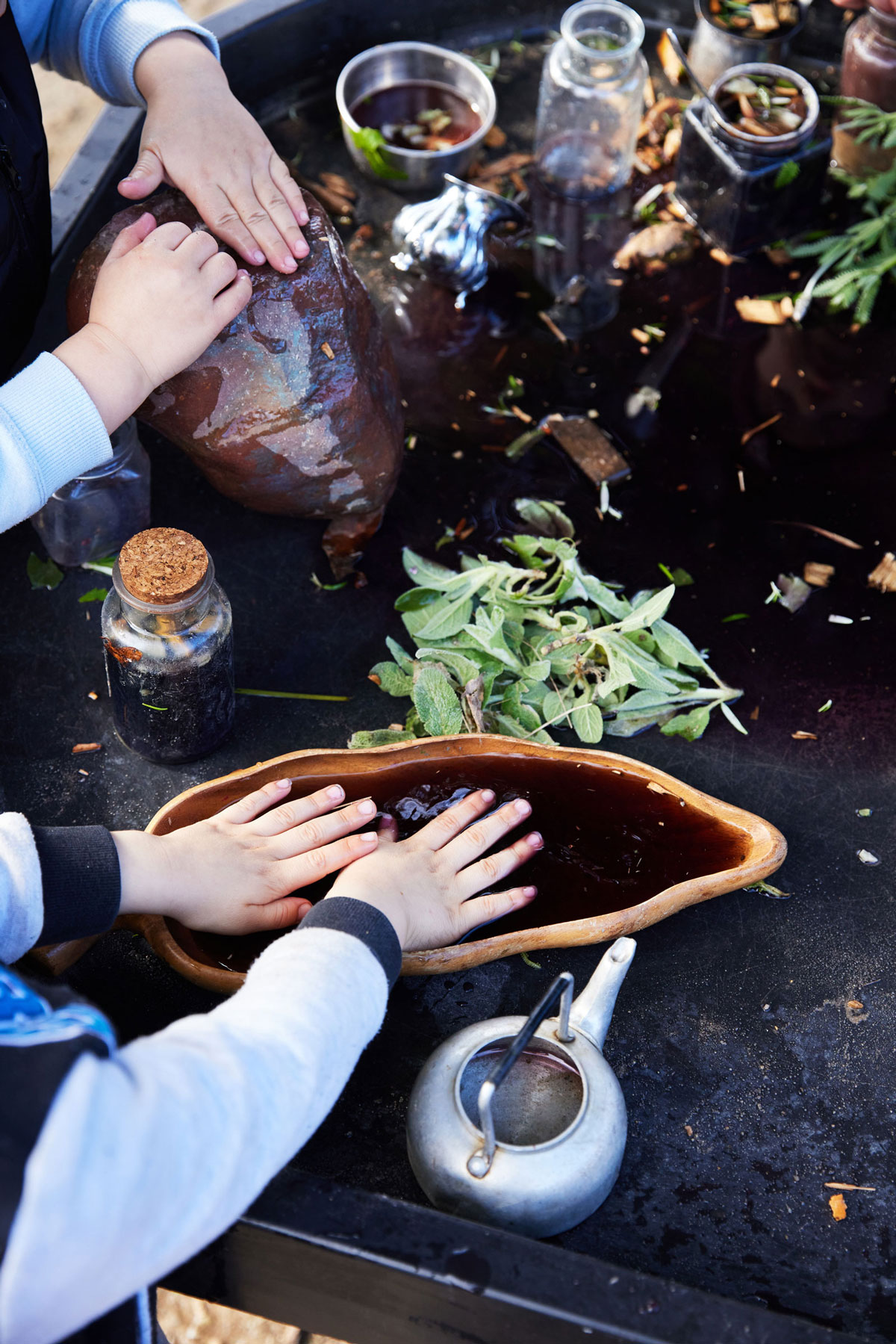
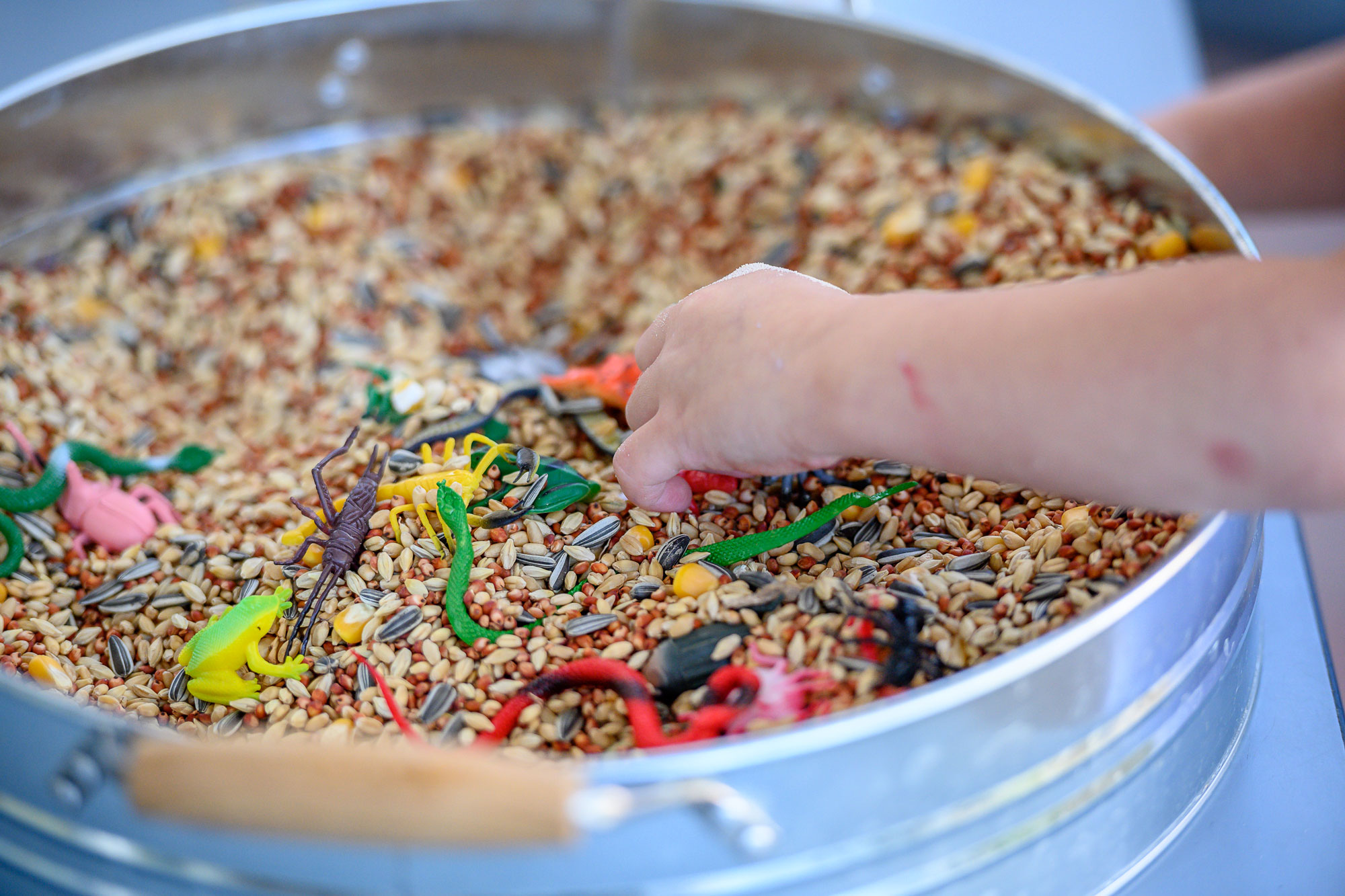
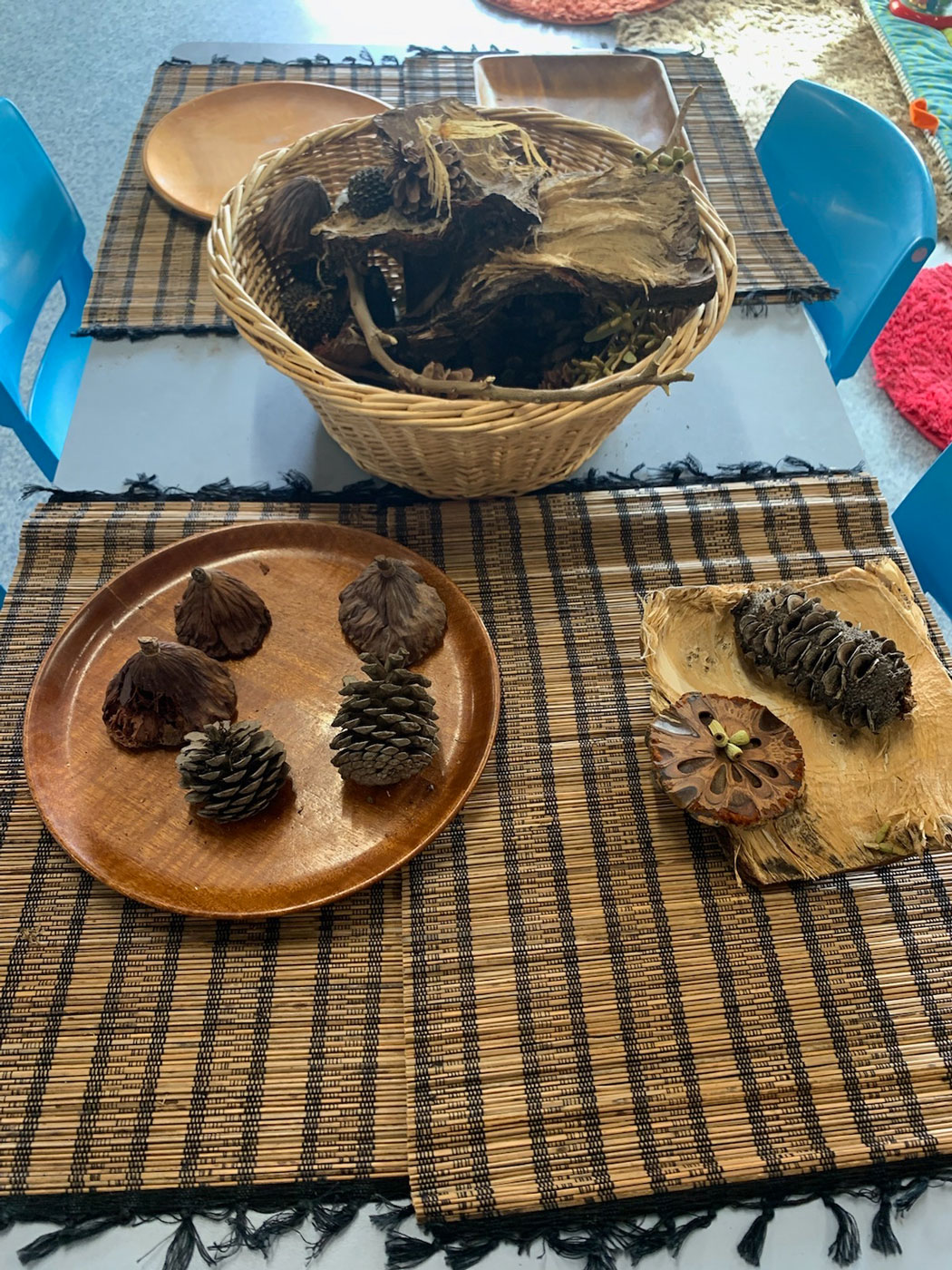
Quiet time
Provide some quiet spaces where children can go if they’re overwhelmed or just want to have a cuddle and some down-time.
You can use mats, pillows and large pieces of material draped over furniture to create a secluded space that offers some privacy.
Soft lighting can also add to a sense of calm.
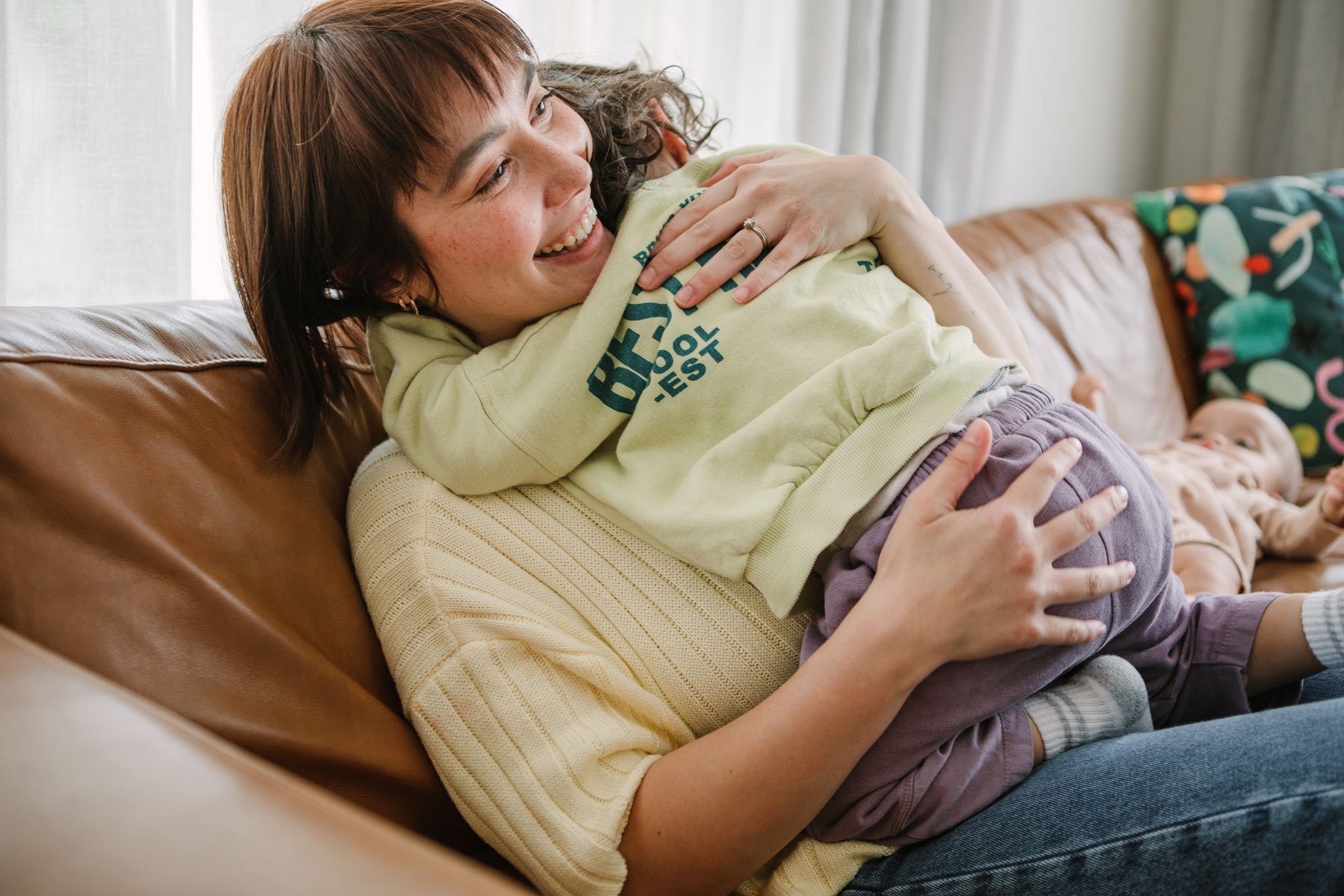
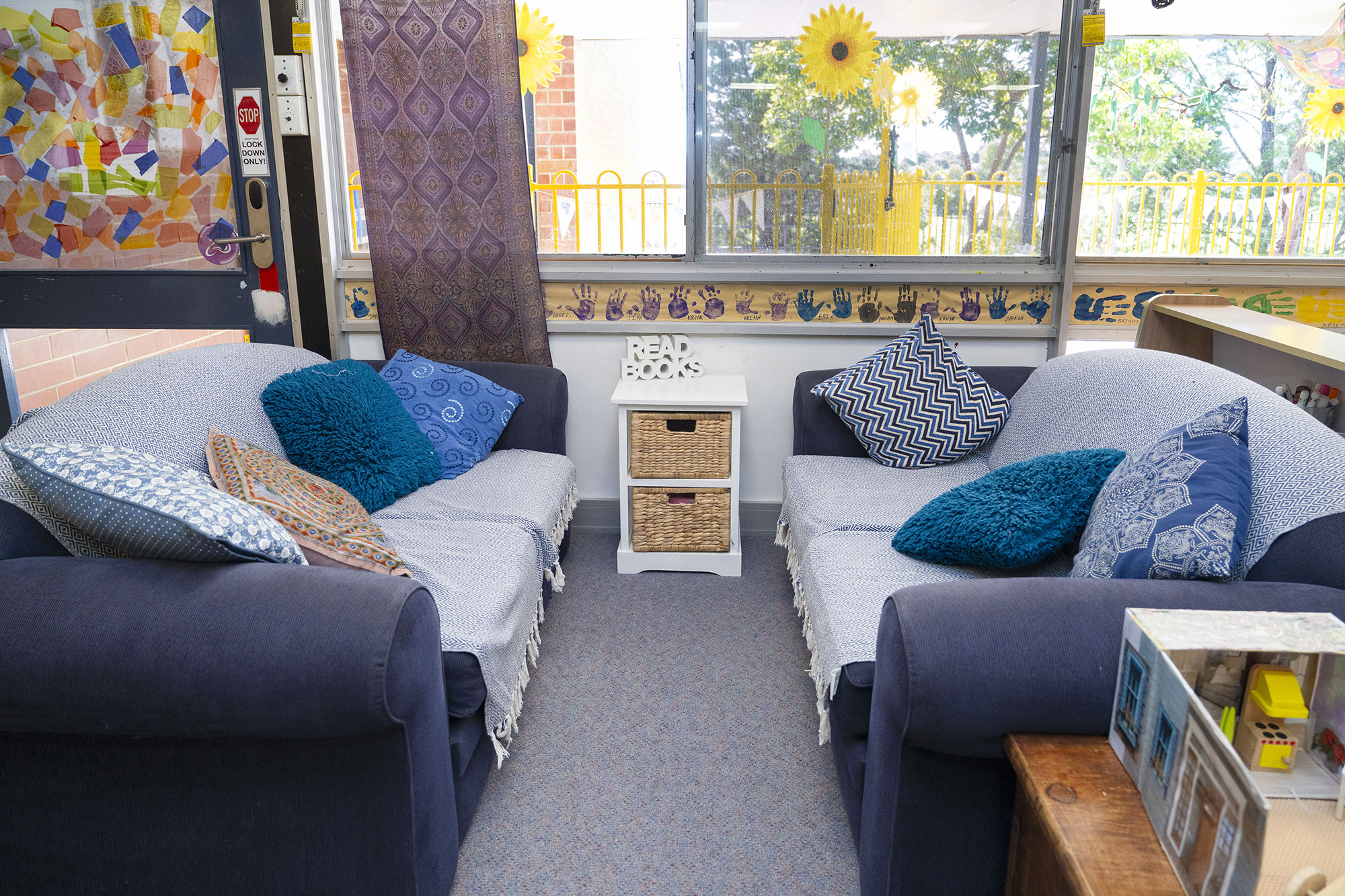
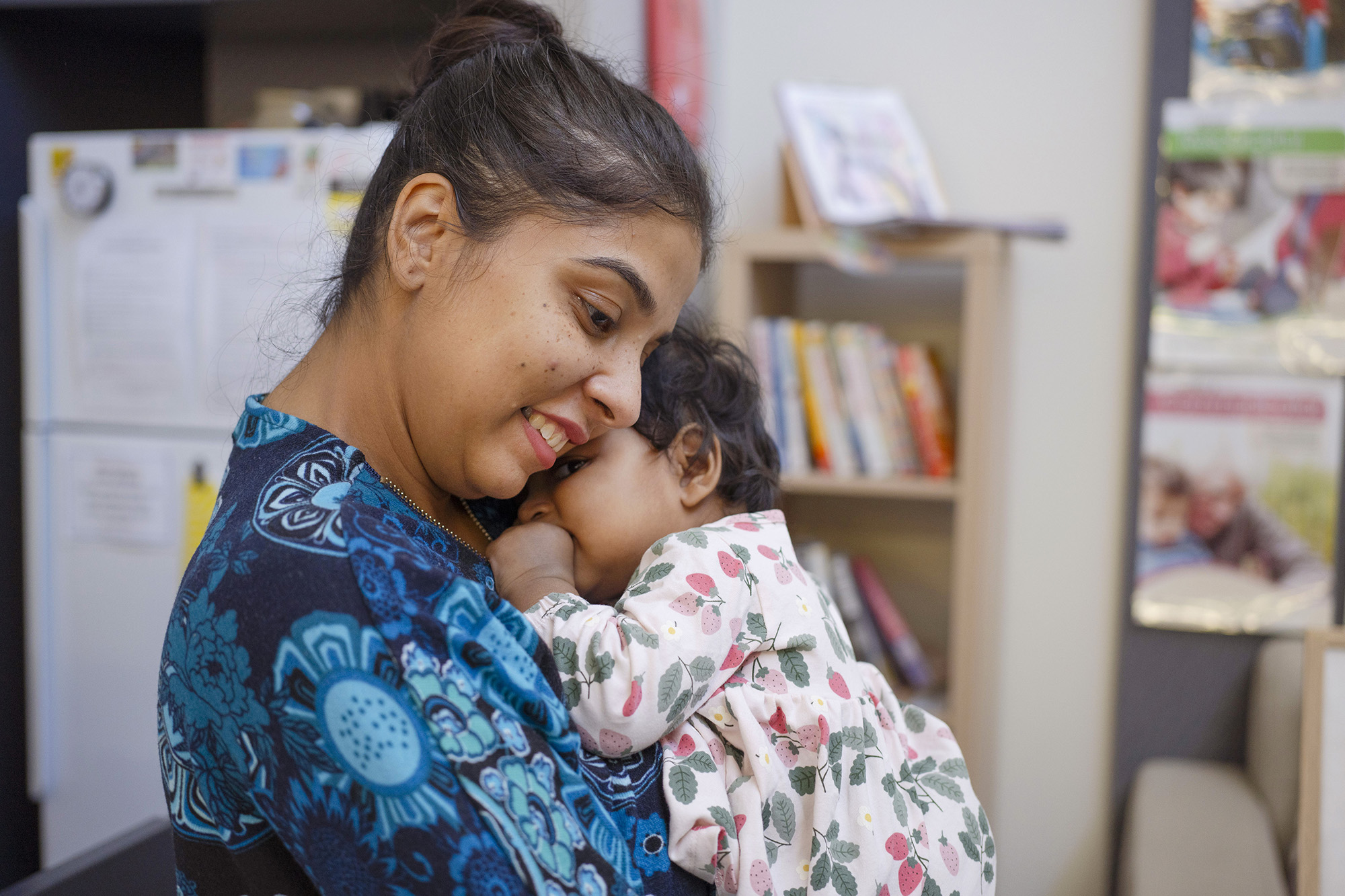
Safe baby play
Consider the best place for babies to play safely.
Babies need space to explore both away from and together with older children.
This could be a blanket in a safe place or a large cardboard box with the sides cut down to make a baby ‘nest’.
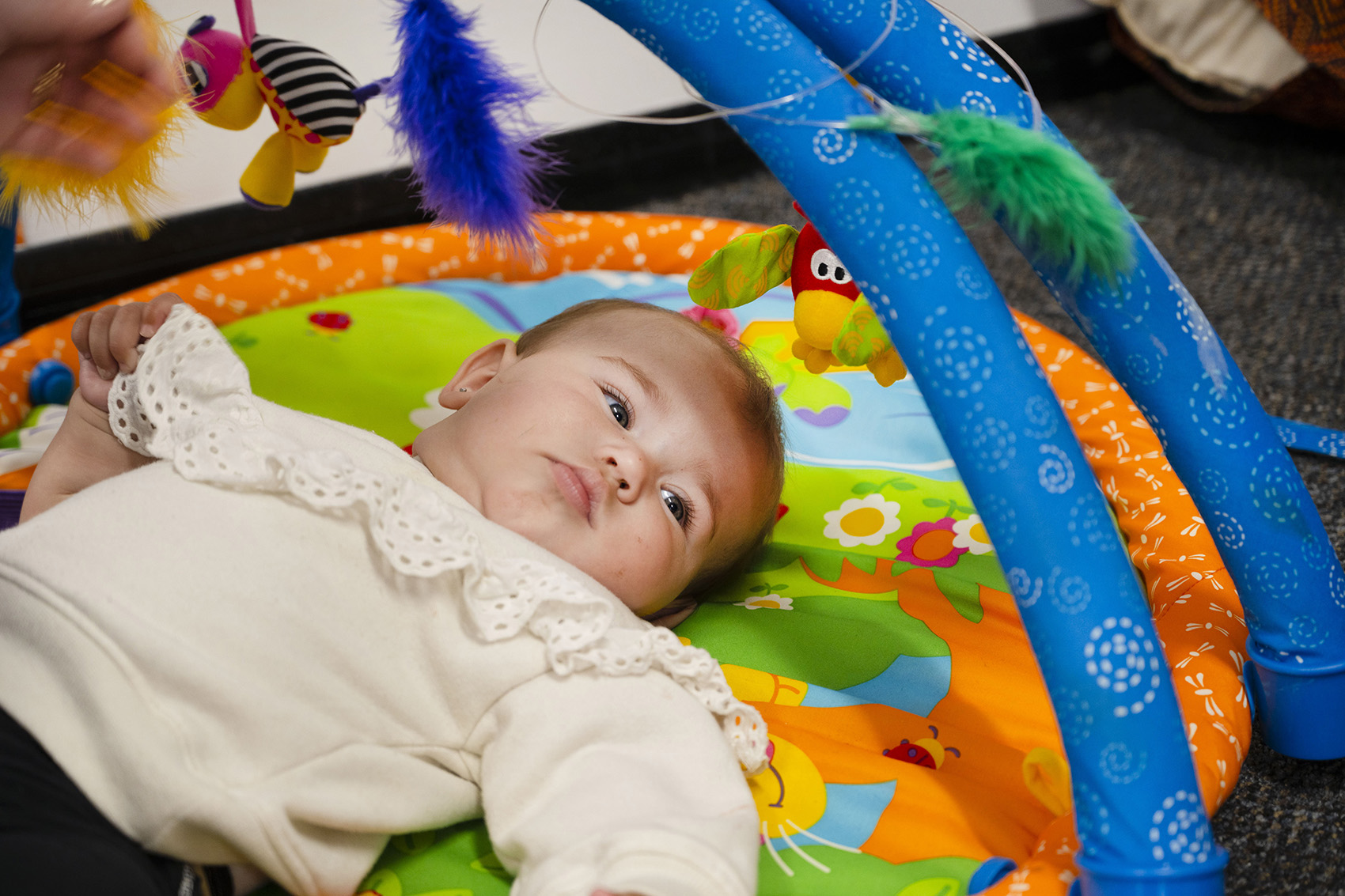
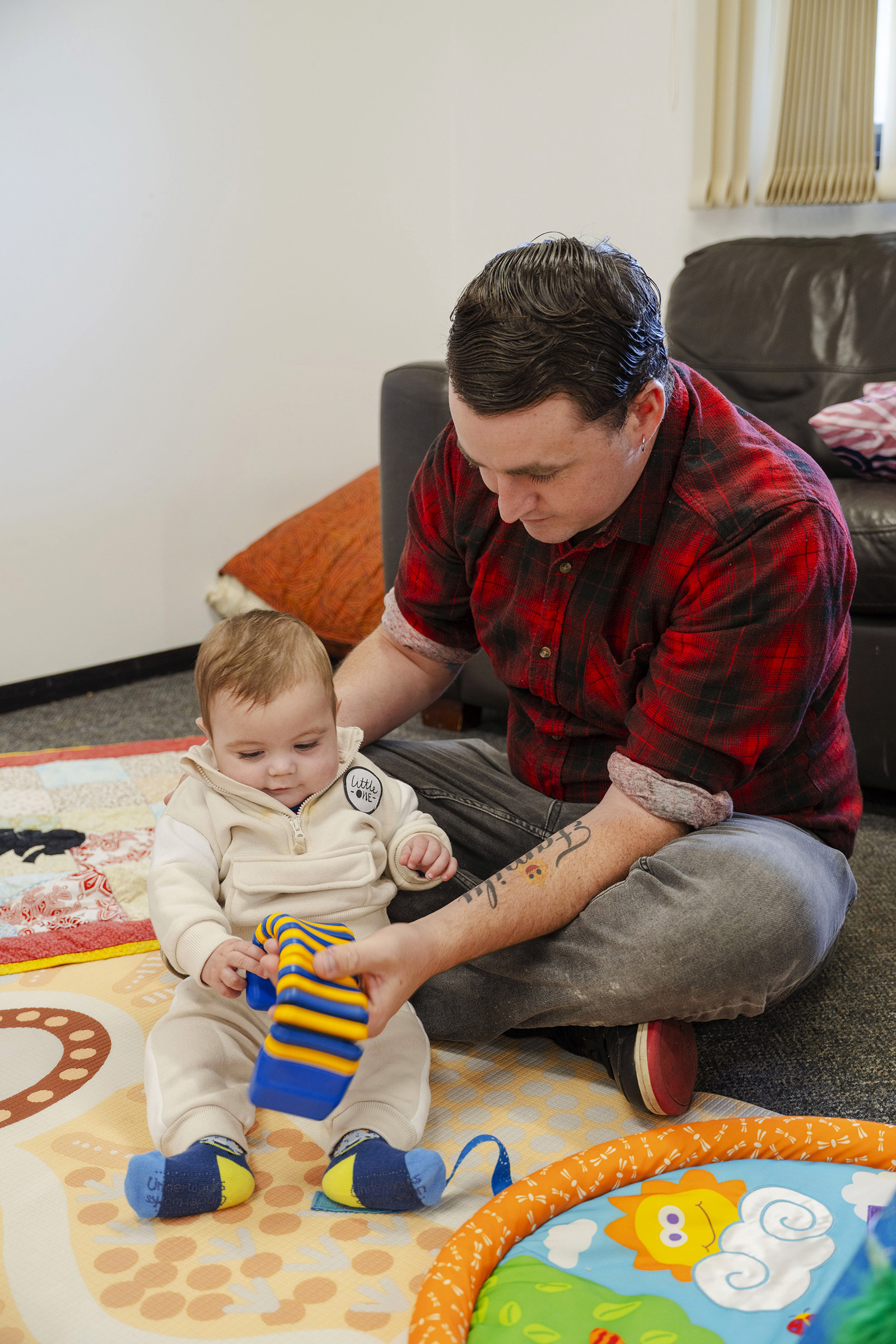
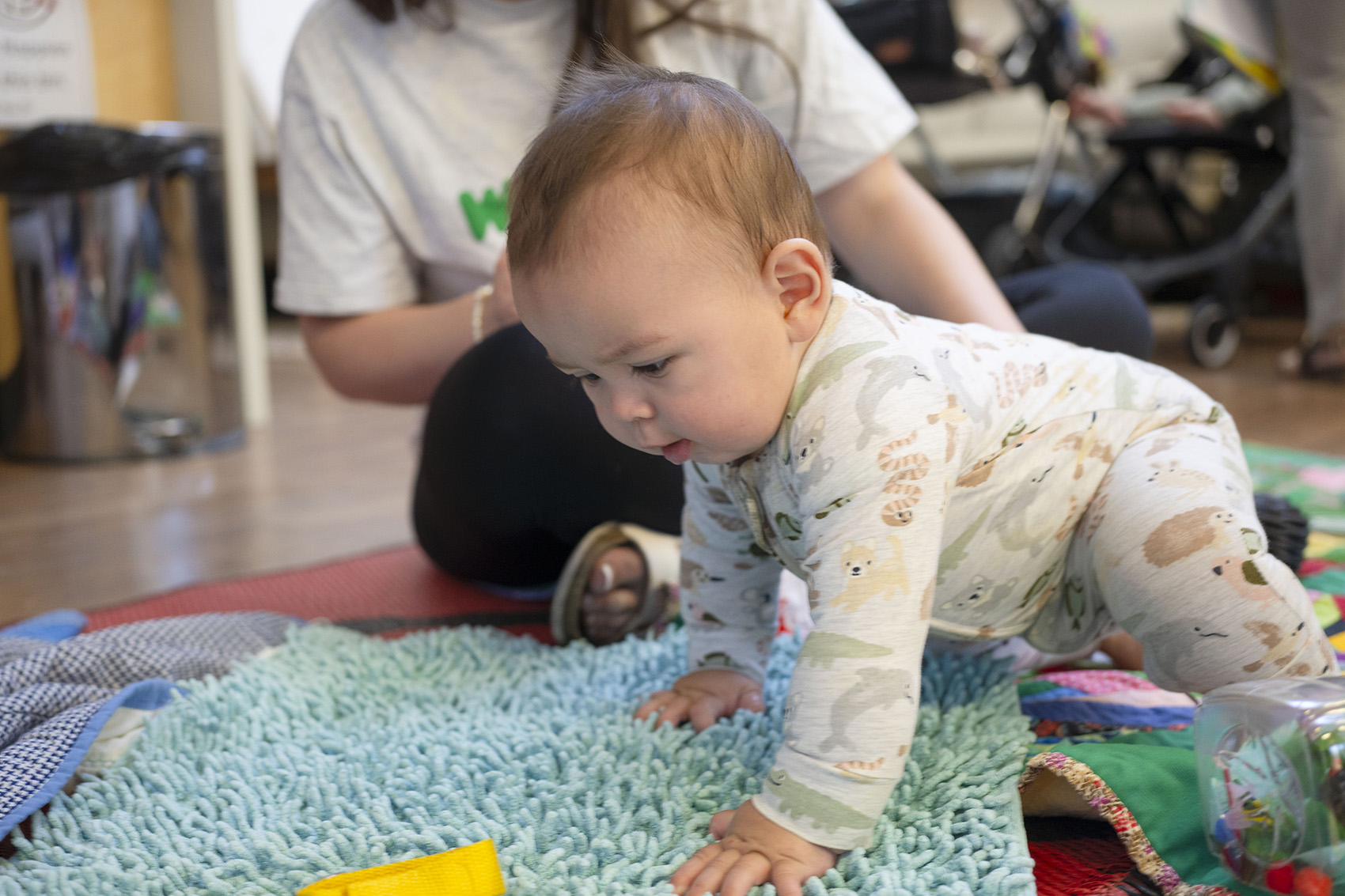
Alternatives to outdoor space
If you don't have an outdoor area or perhaps you only have a verandah area, there are many activities you can do inside to support the development of gross motor skills, such as:
- an indoor obstacle course
- dancing
- balancing
- portable basketball hoop
- bean bag toss
- soft ball play (if you have enough space)
On a verandah, you may need to put down some gym mats to make climbing activities safe.
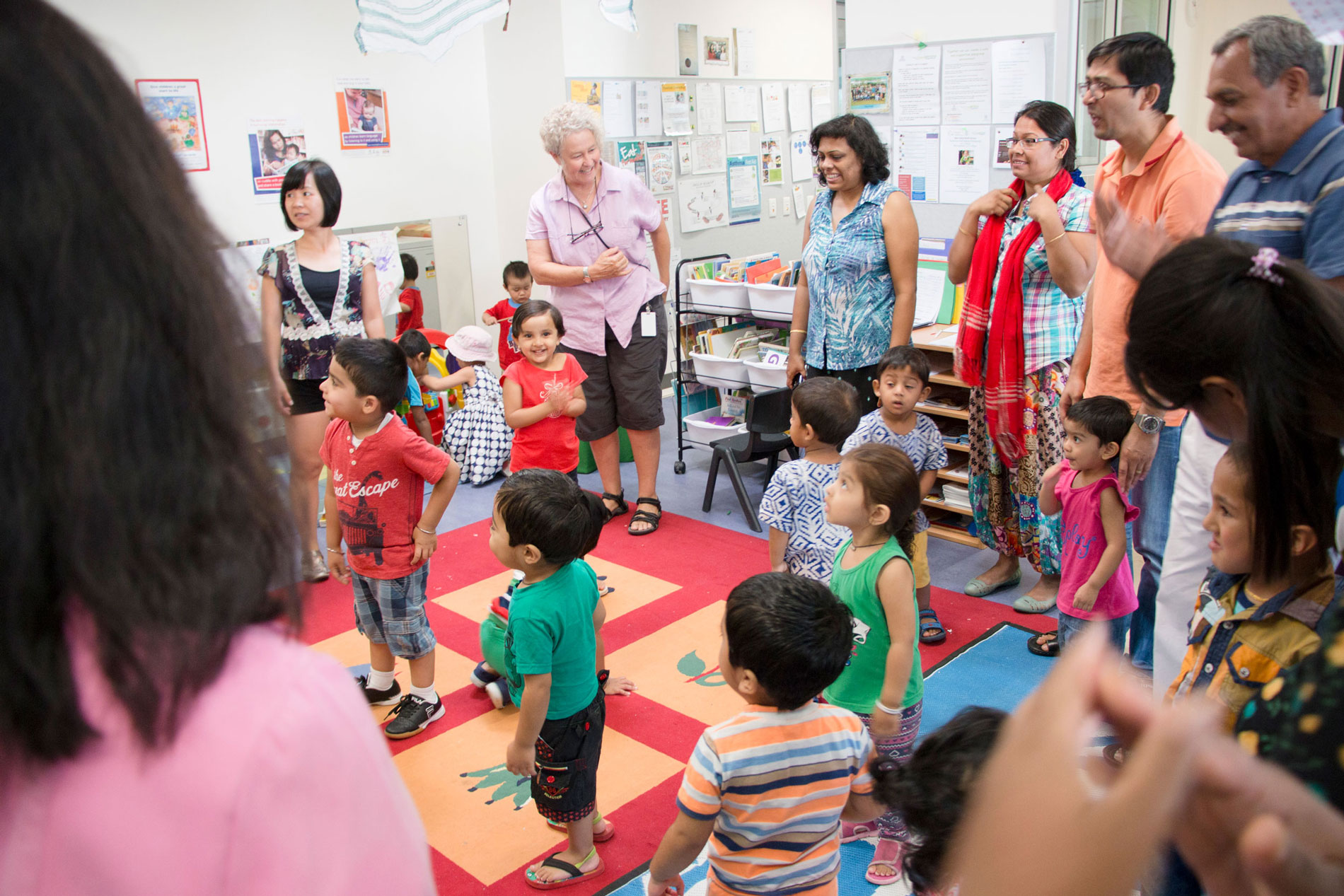
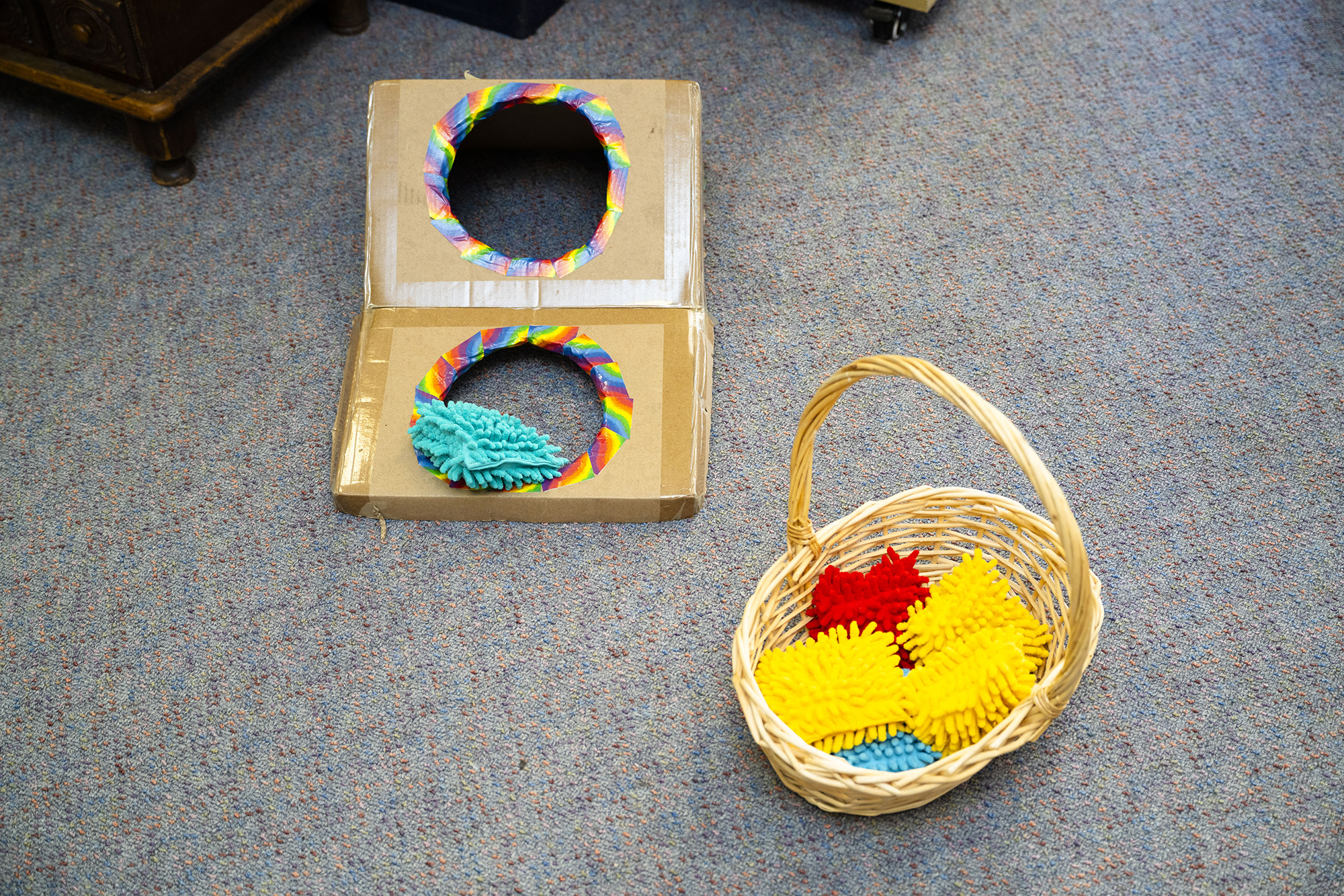
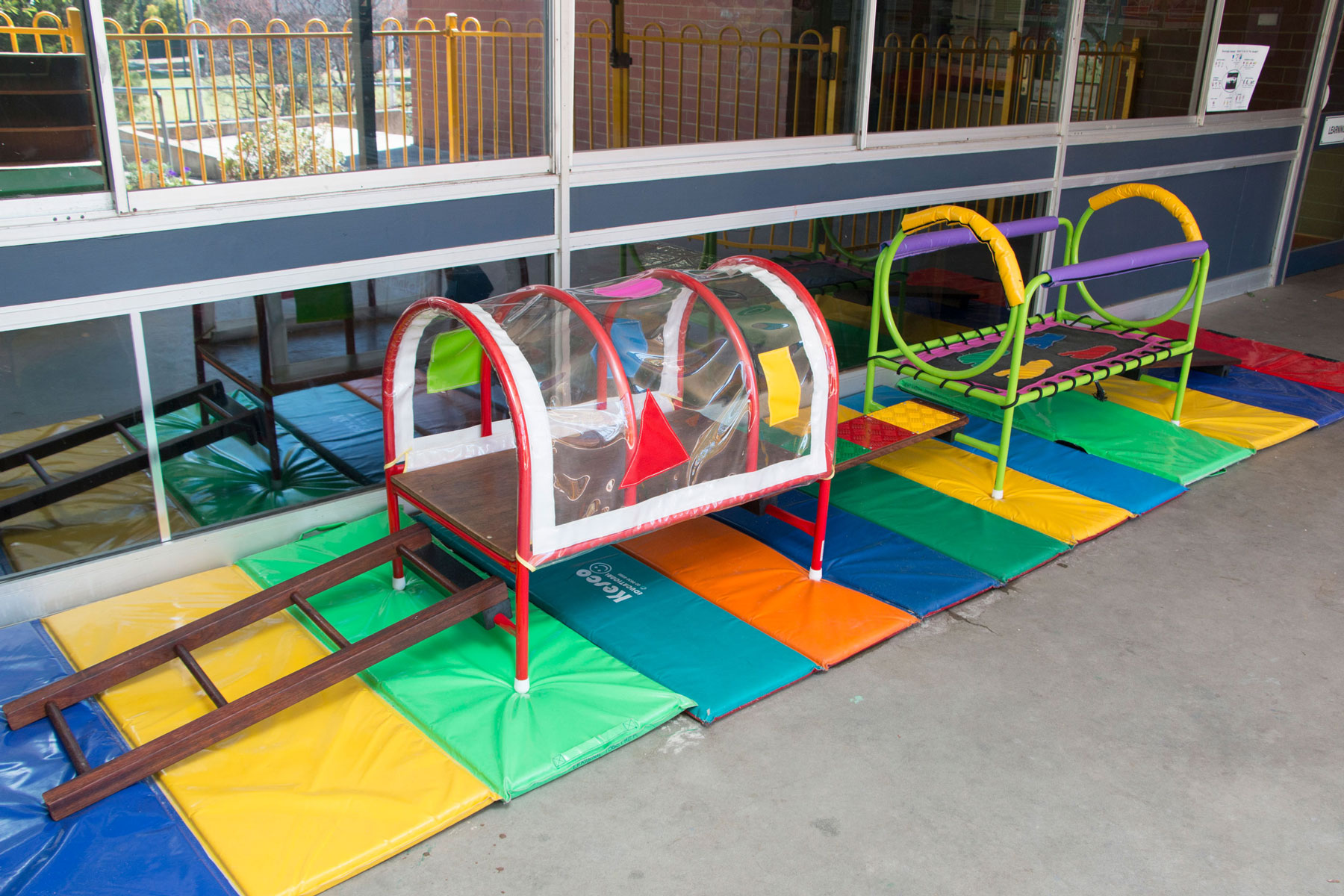
Outdoor play
Outdoor spaces are great to develop gross motor skills.
Before setting up different areas, check out Kidsafe SA's playground safety information sheets.
Sandpit or a large container
Sand play provides endless learning opportunities including sensory development, literacy, numeracy, exploration, socialisation and creativity.
If you don't have a sand pit at your playgroup, you can use a large container, large cardboard box or individual sand trays instead.
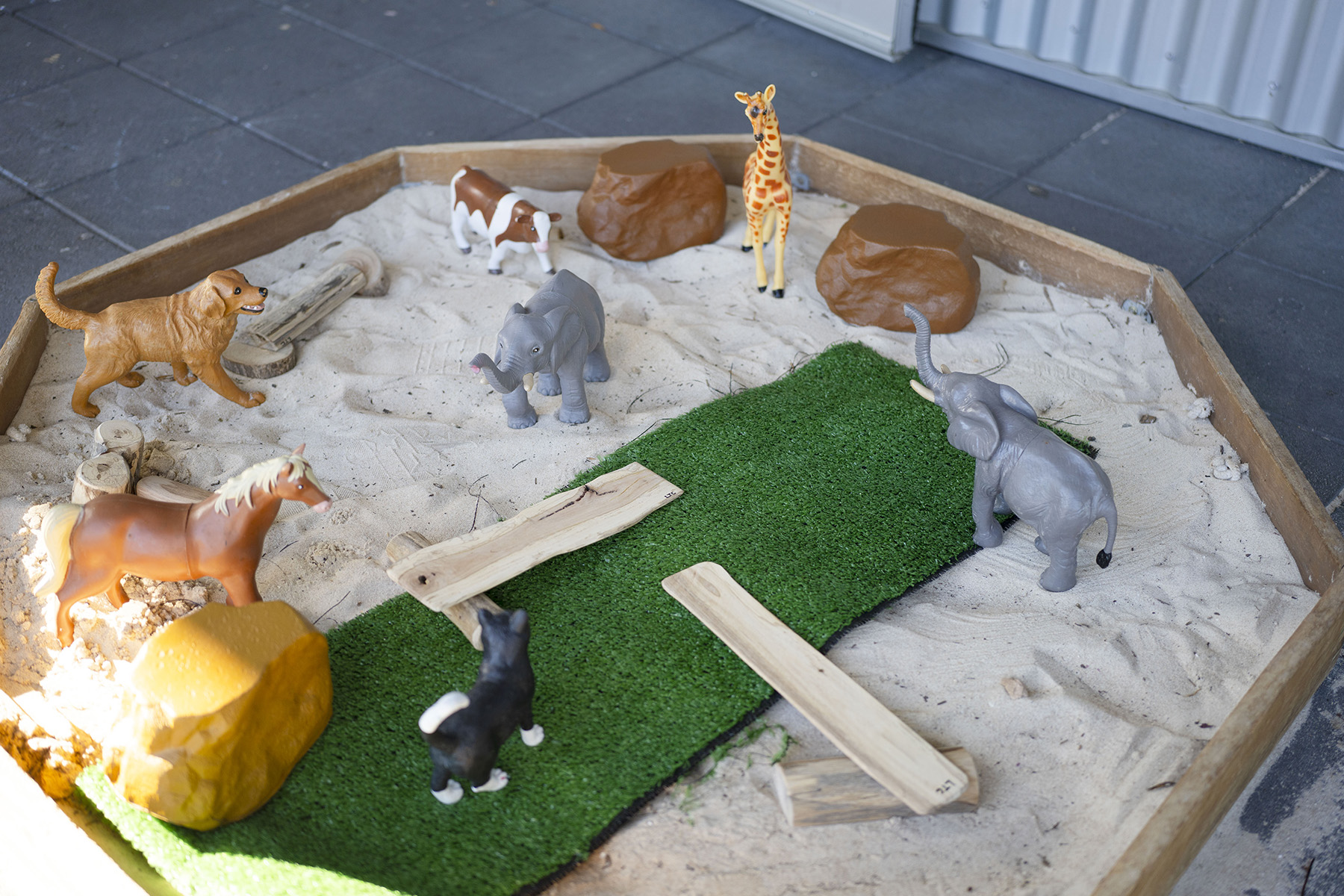
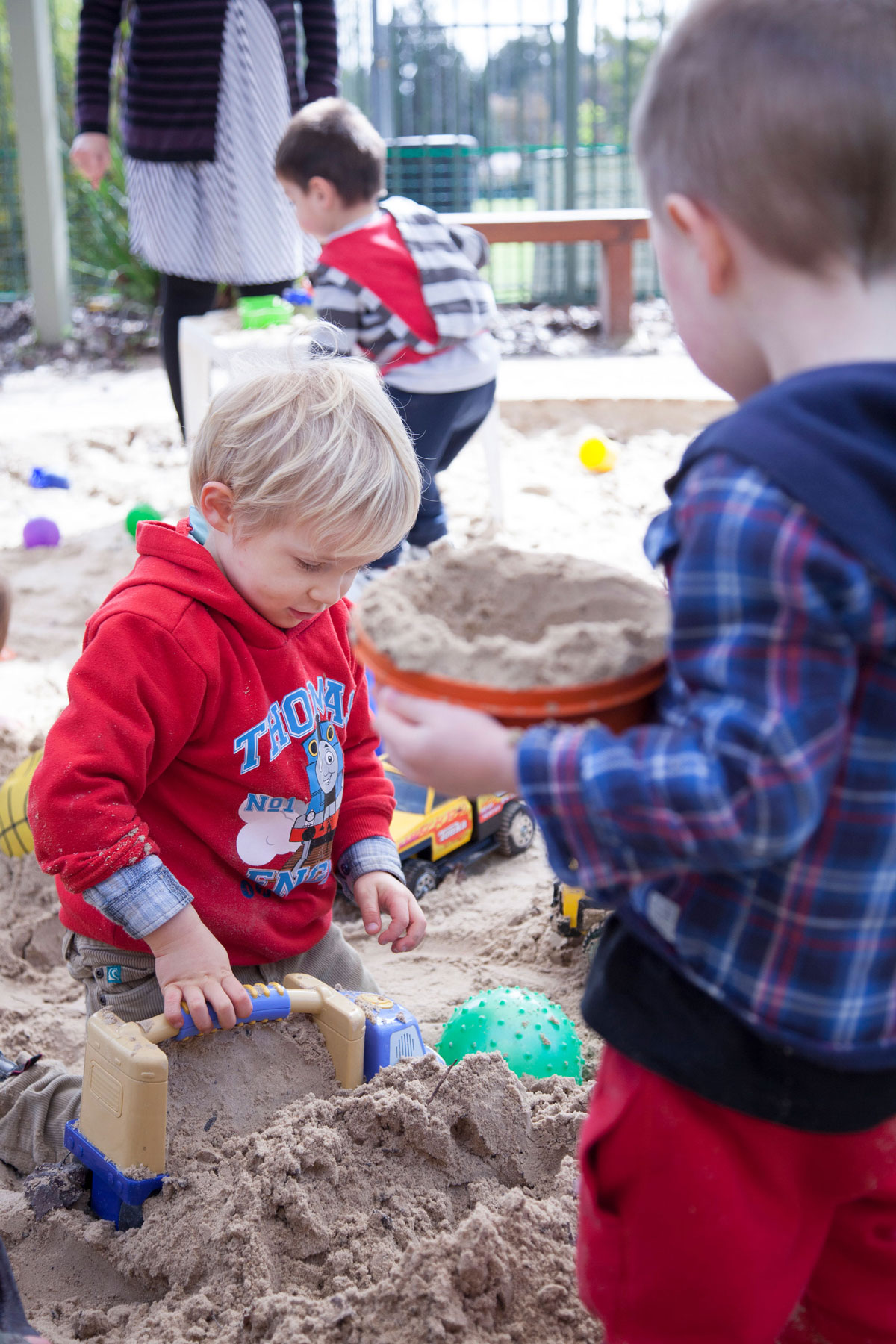
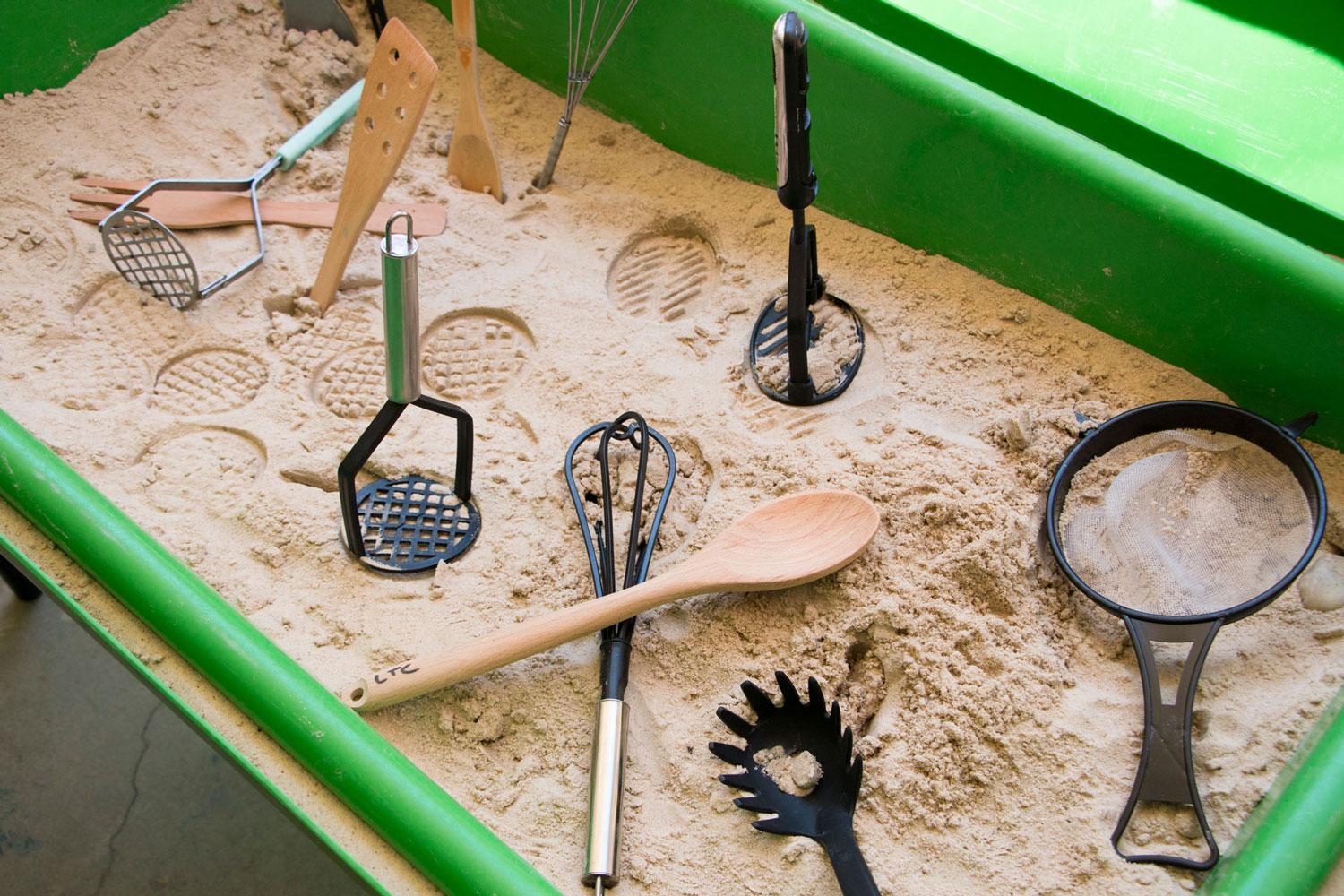
A gardening area
Watching things grow helps children understand the growth cycle and what’s needed to nurture and care for nature.
If you don't have access to a place to dig, you could use large pots or polystyrene fruit boxes with drainage holes.
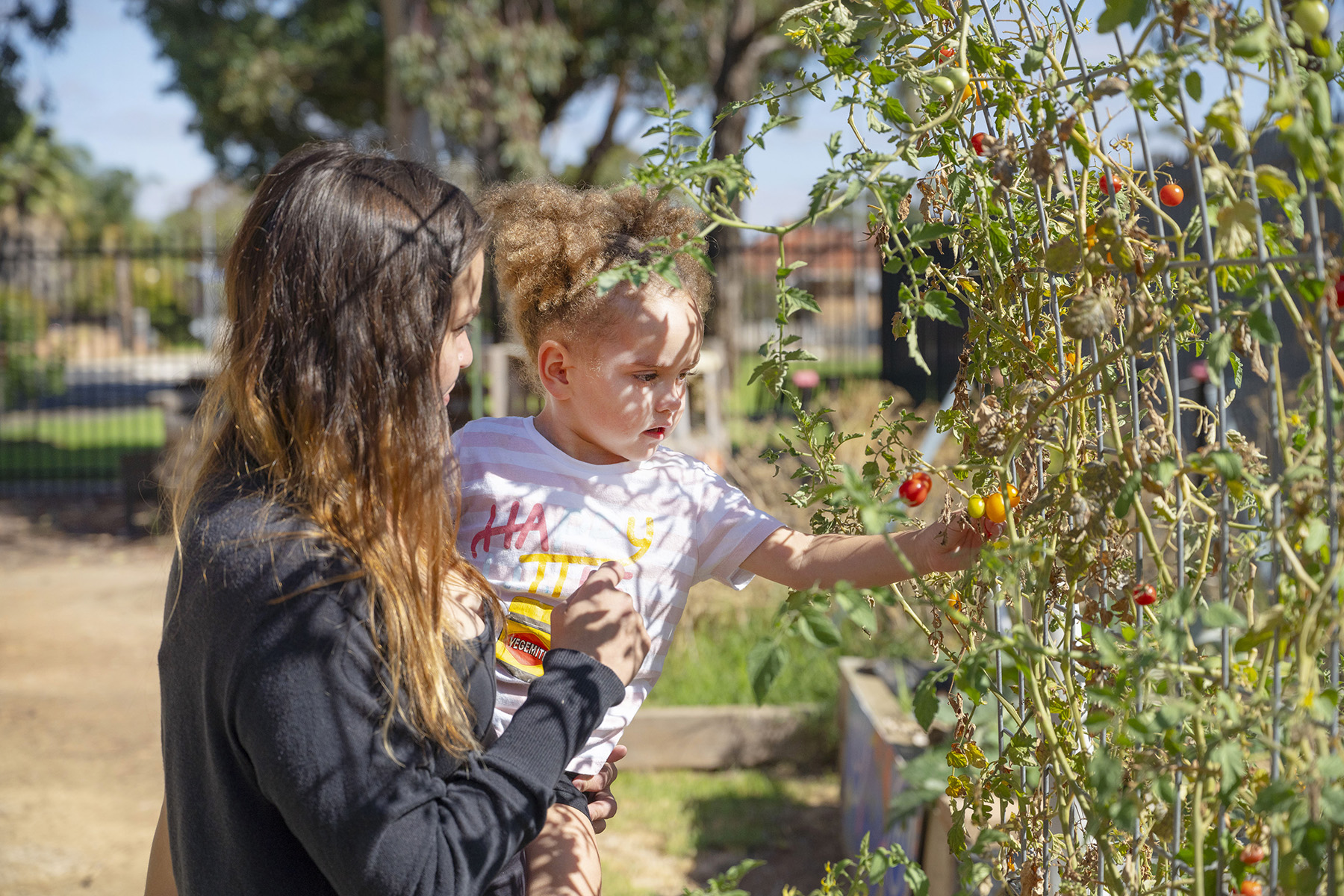
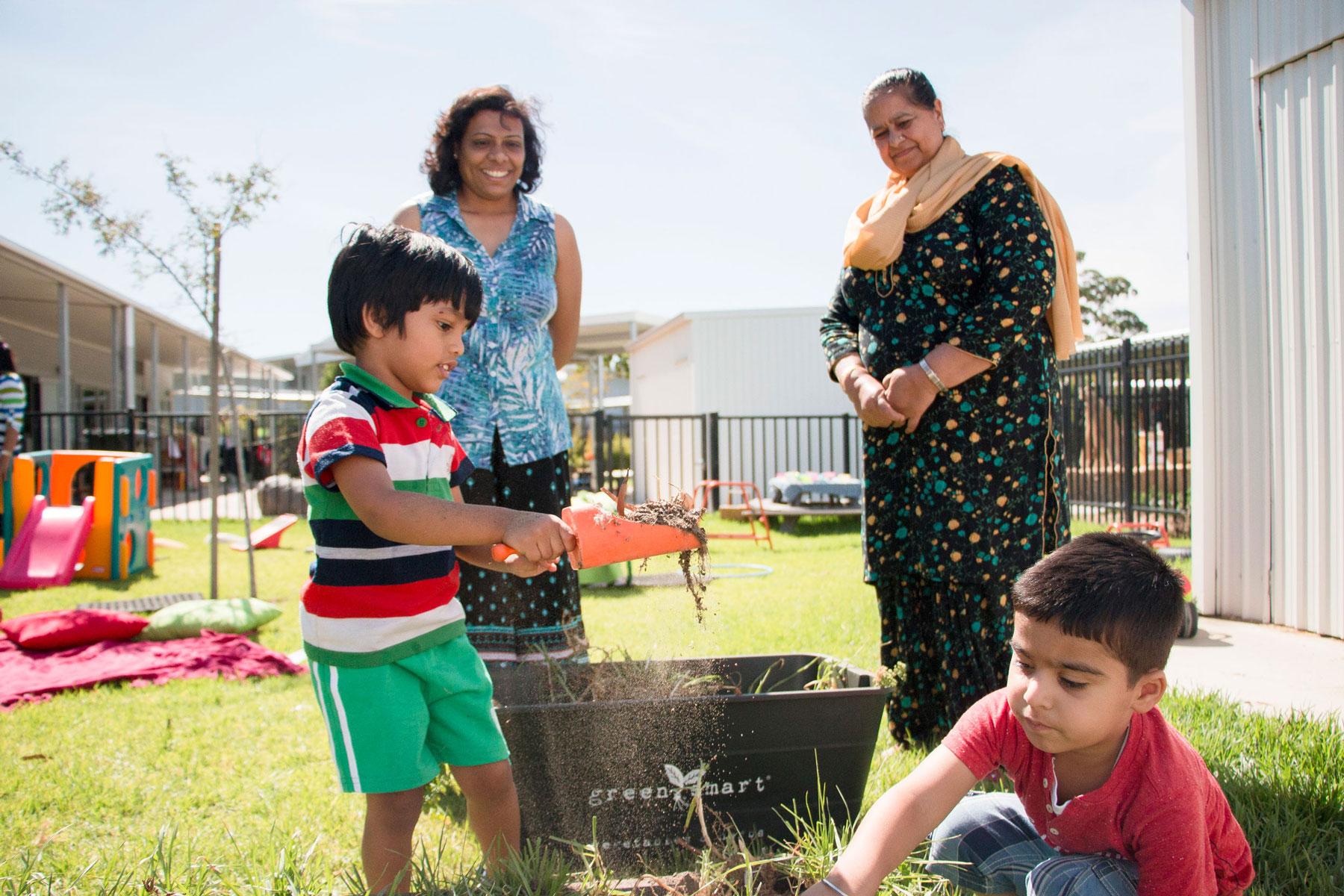
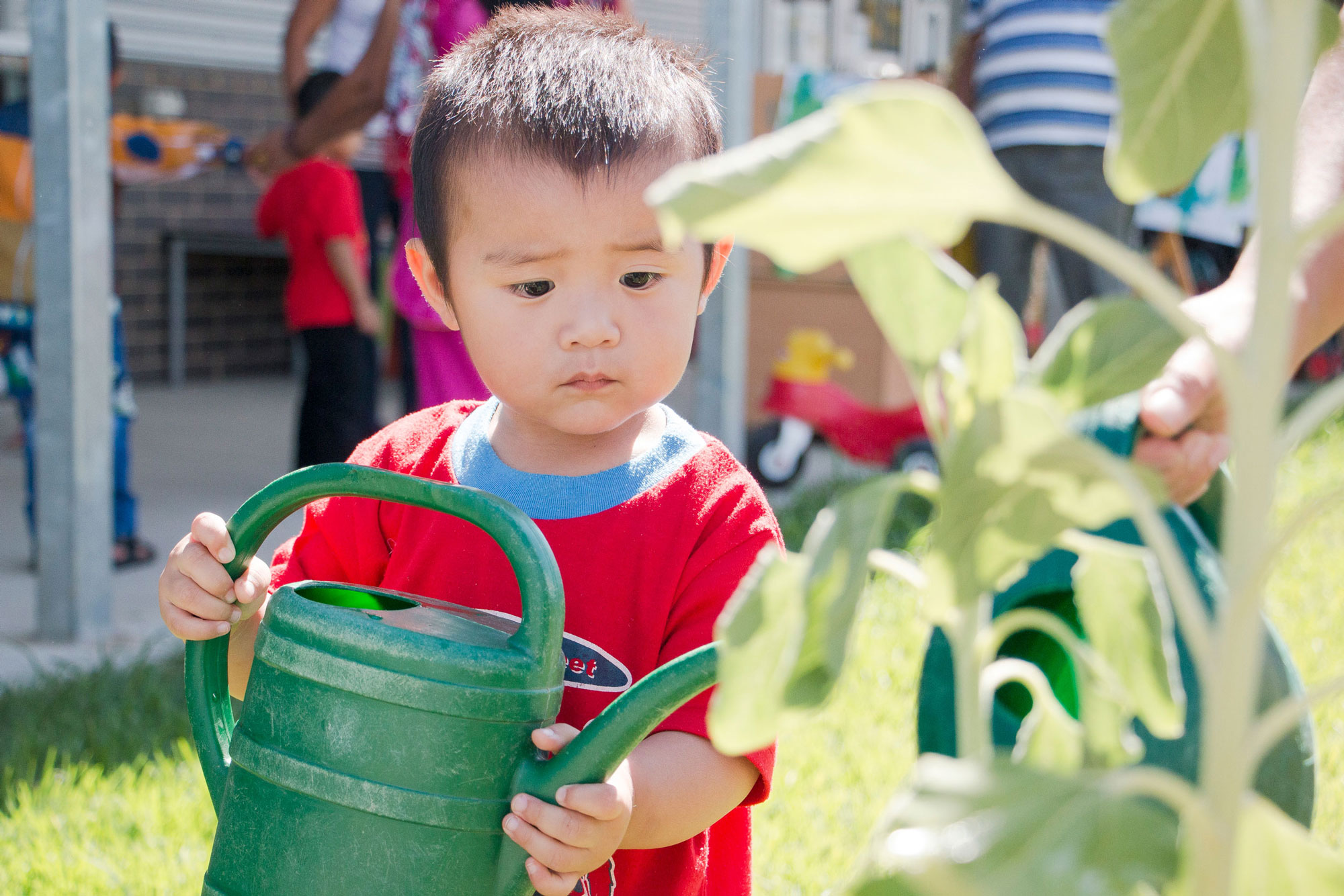
Climbing area and obstacle course
Opportunities to climb and use large body movements helps develop gross motor skills and physical development.
You can create obstacle courses from different materials and buy or make your own child-safe climbing equipment.
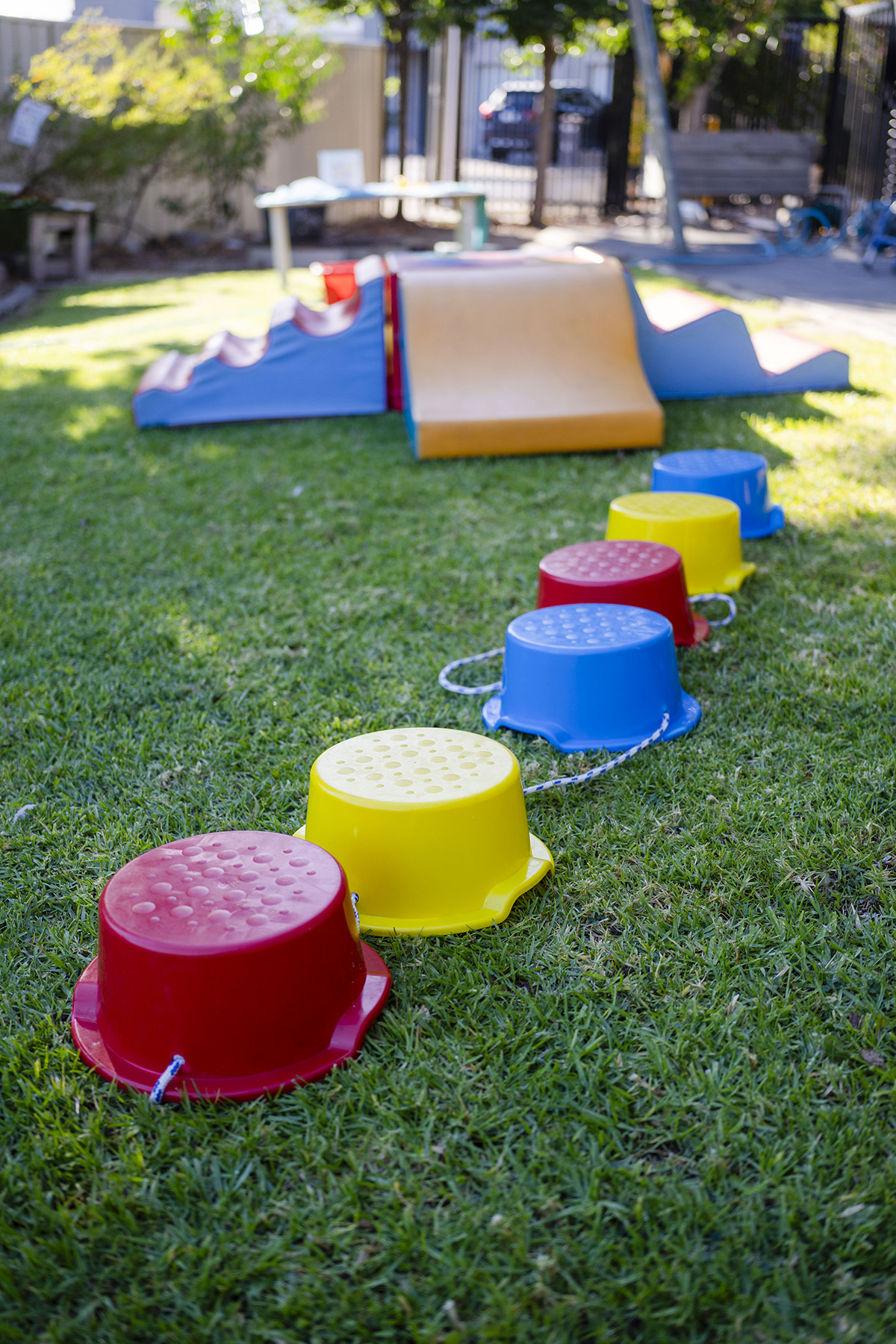
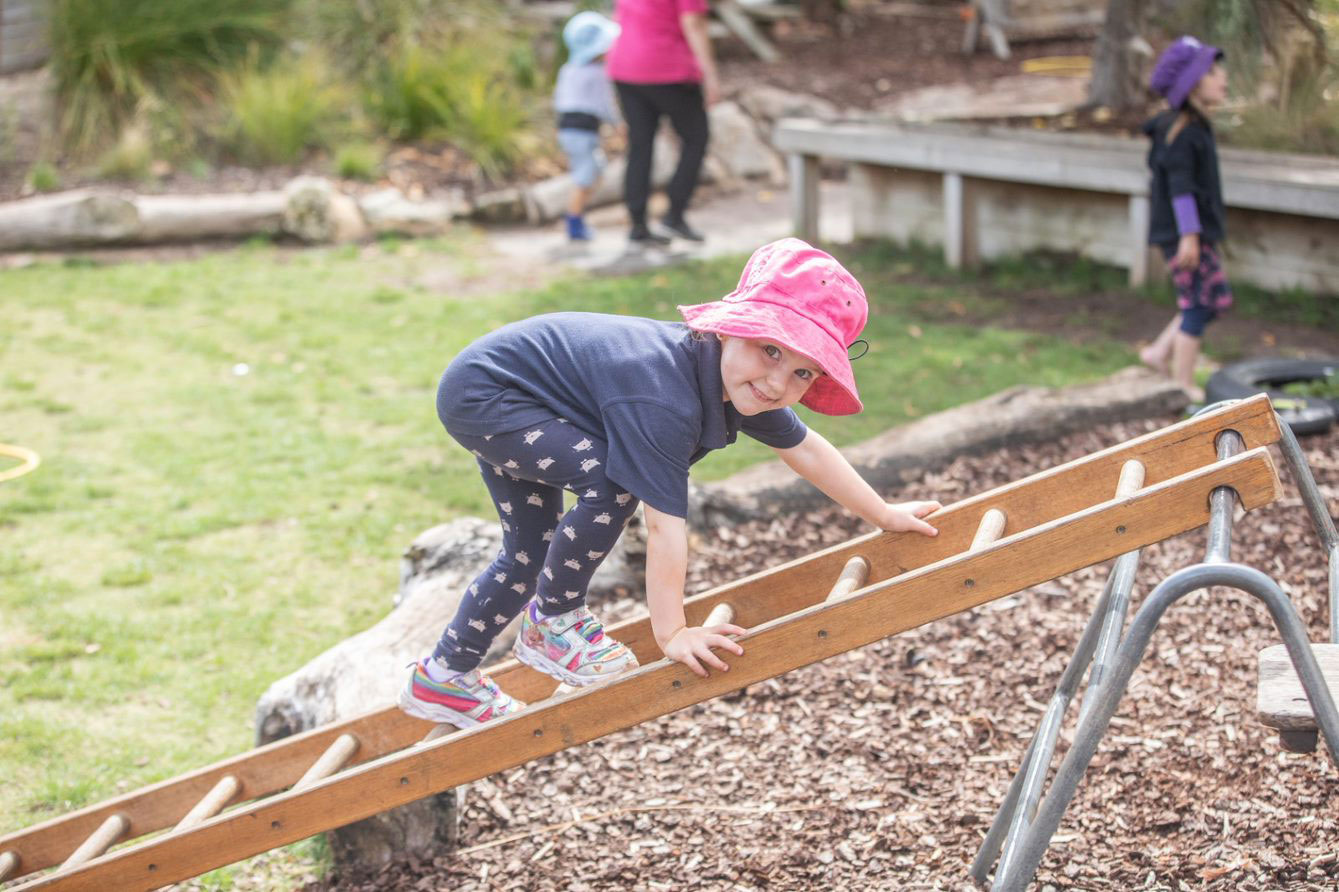
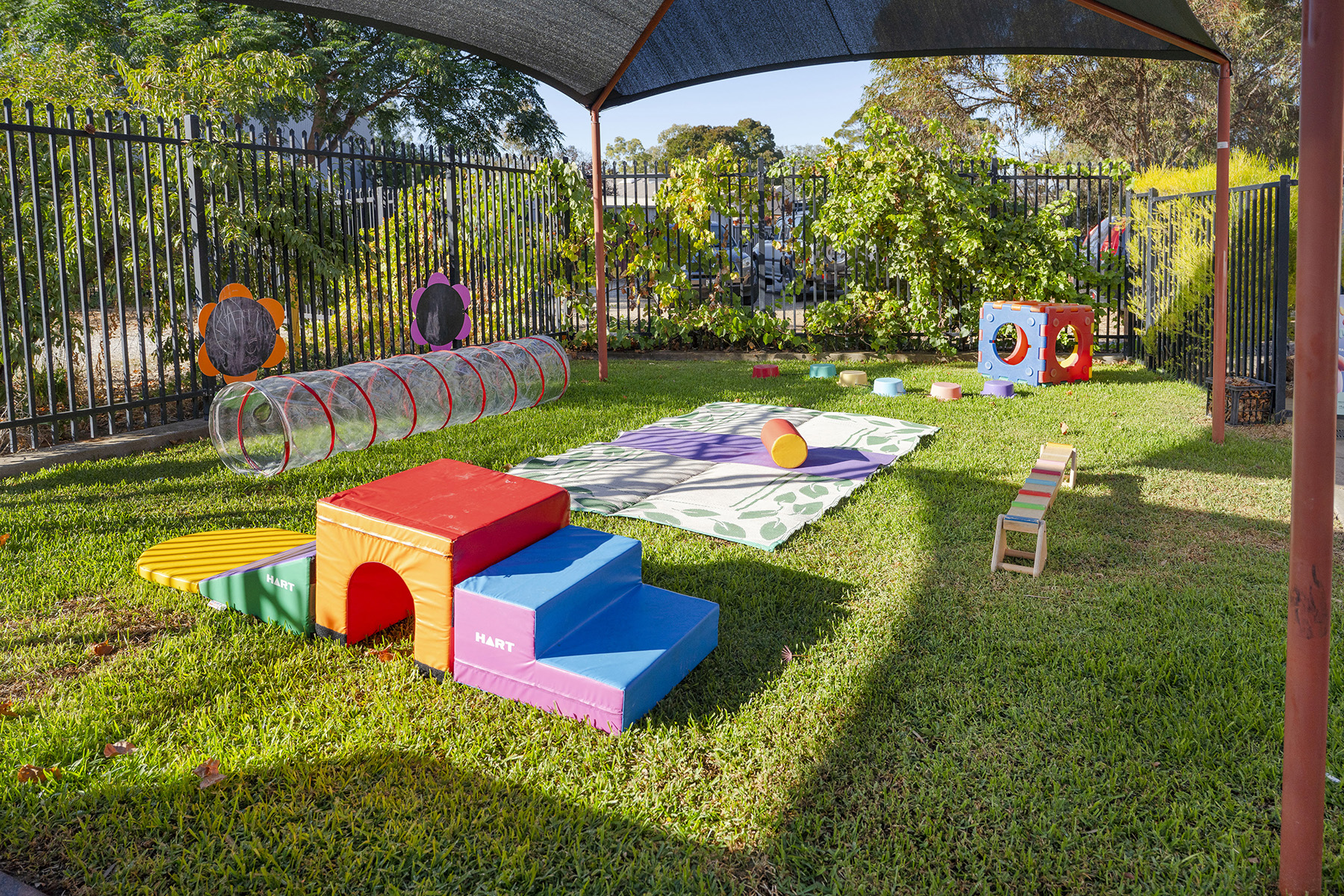
Bike riding and ball play
Use an open area to kick or throw balls. You could even visit a local oval or park.
Make use of paved areas or paths when providing bikes for riding and push and pull toys.
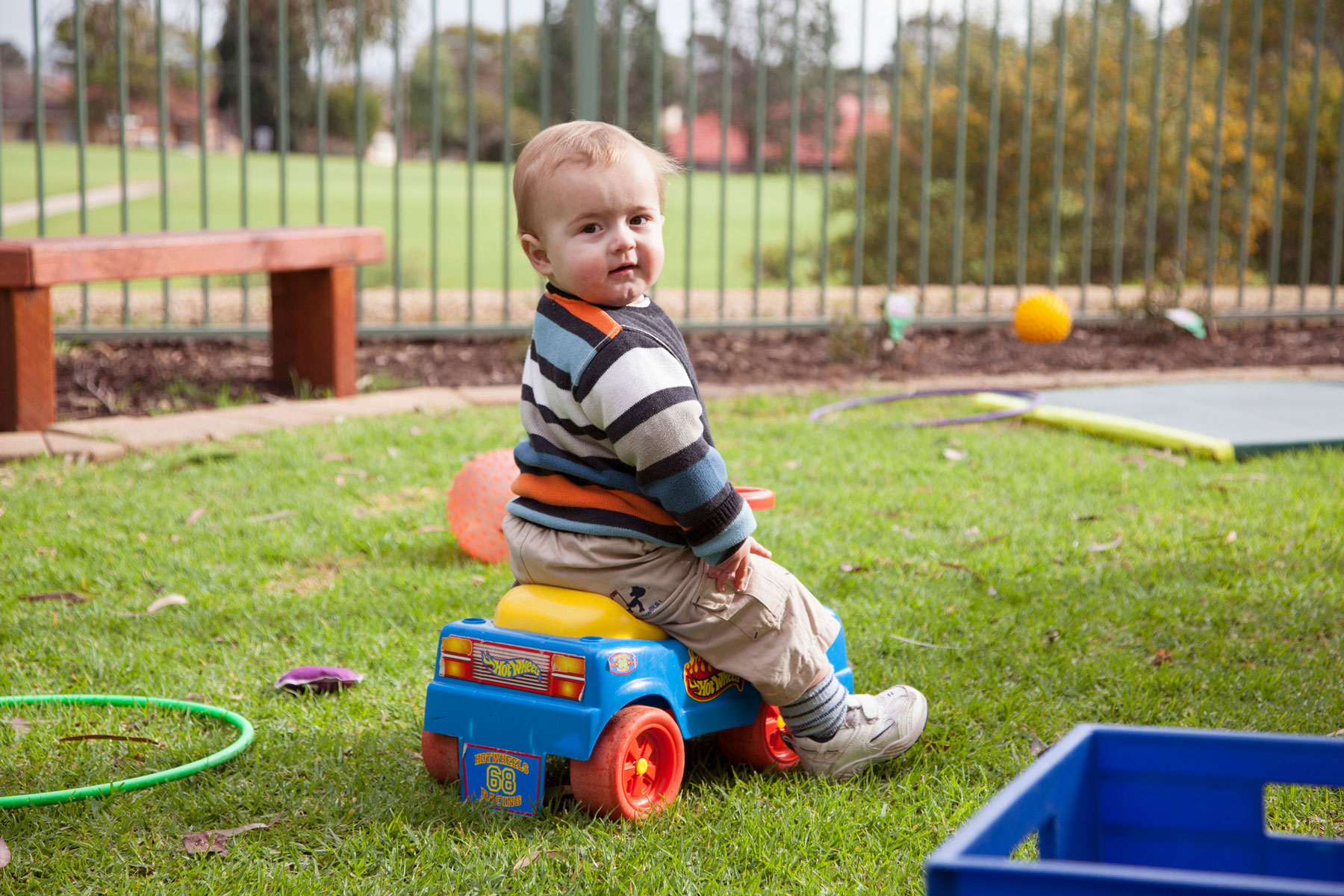
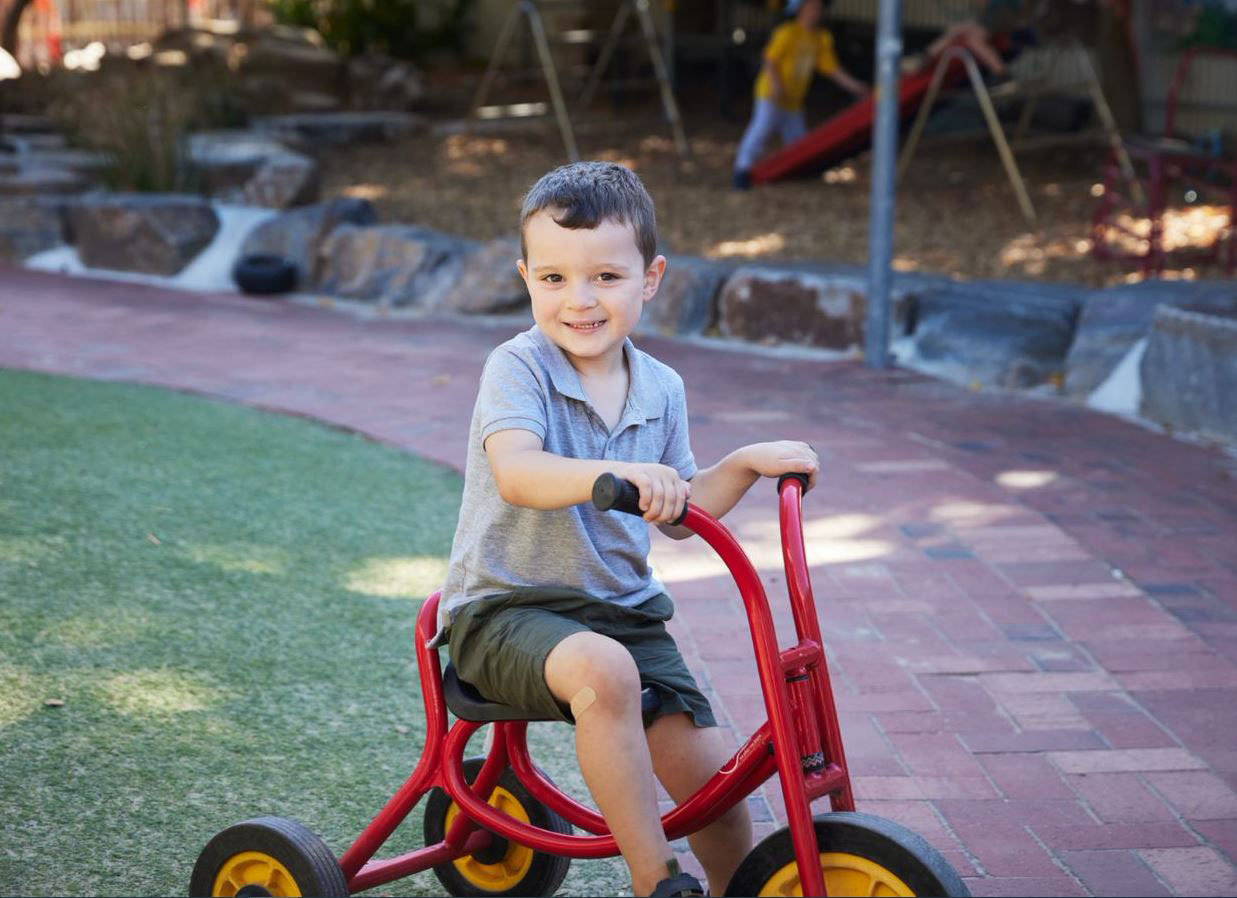
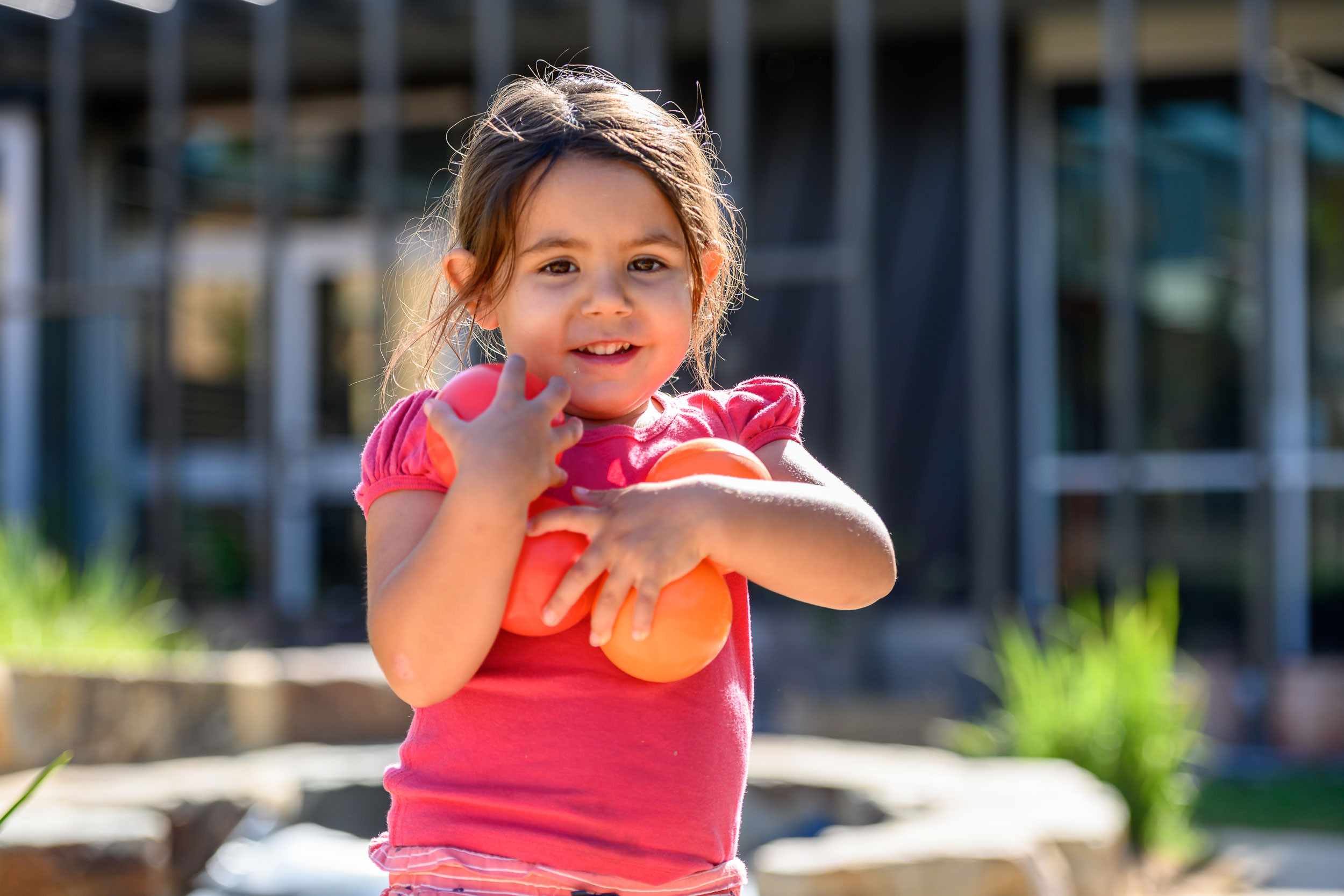
Group time
Create a space or mat area where children and families can gather for group time.
Group time can include a variety of experiences from singing action songs, to reading a story or a sensory activity.
Group time for babies can include sensory activities, such as peek a boo using sheer material.
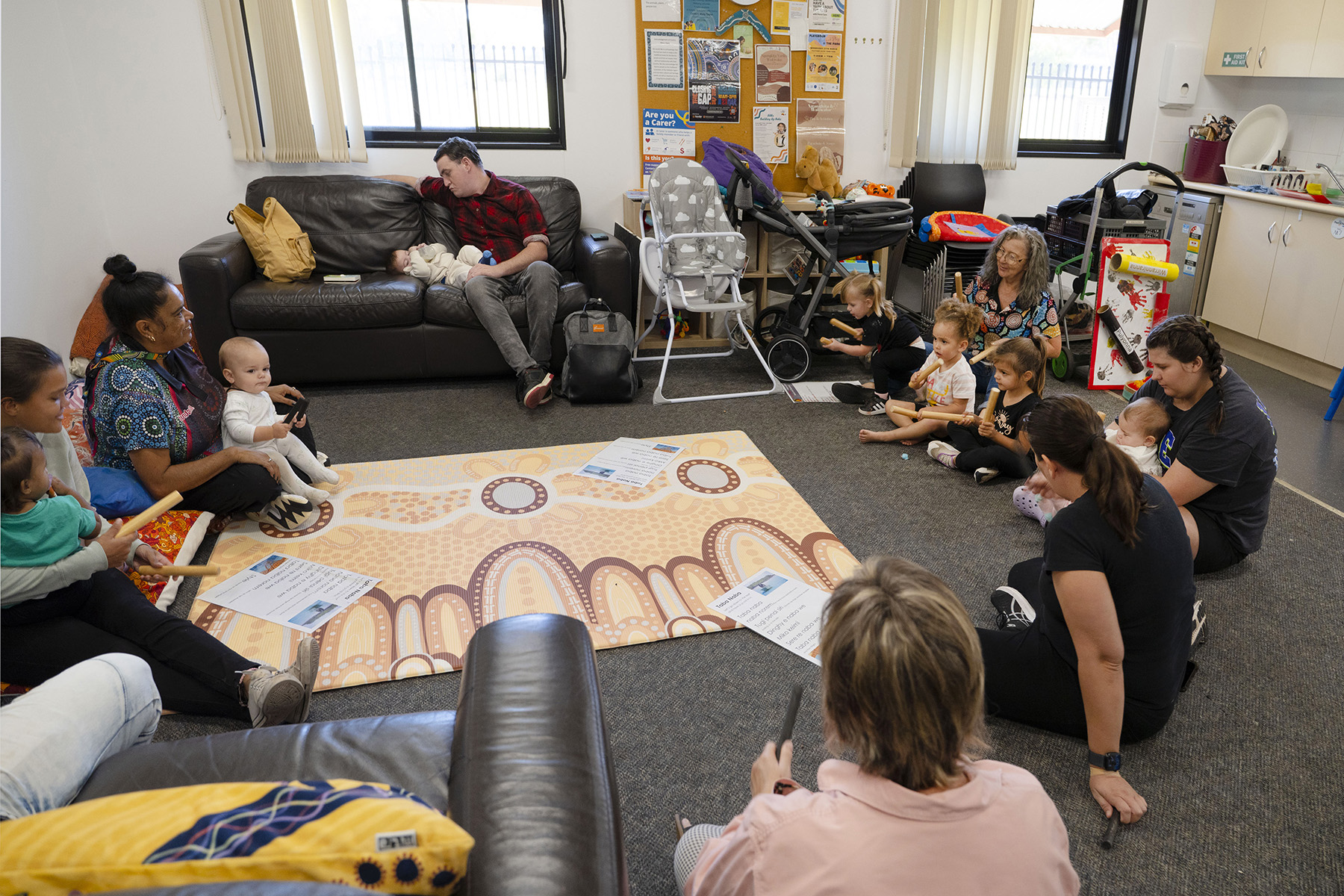
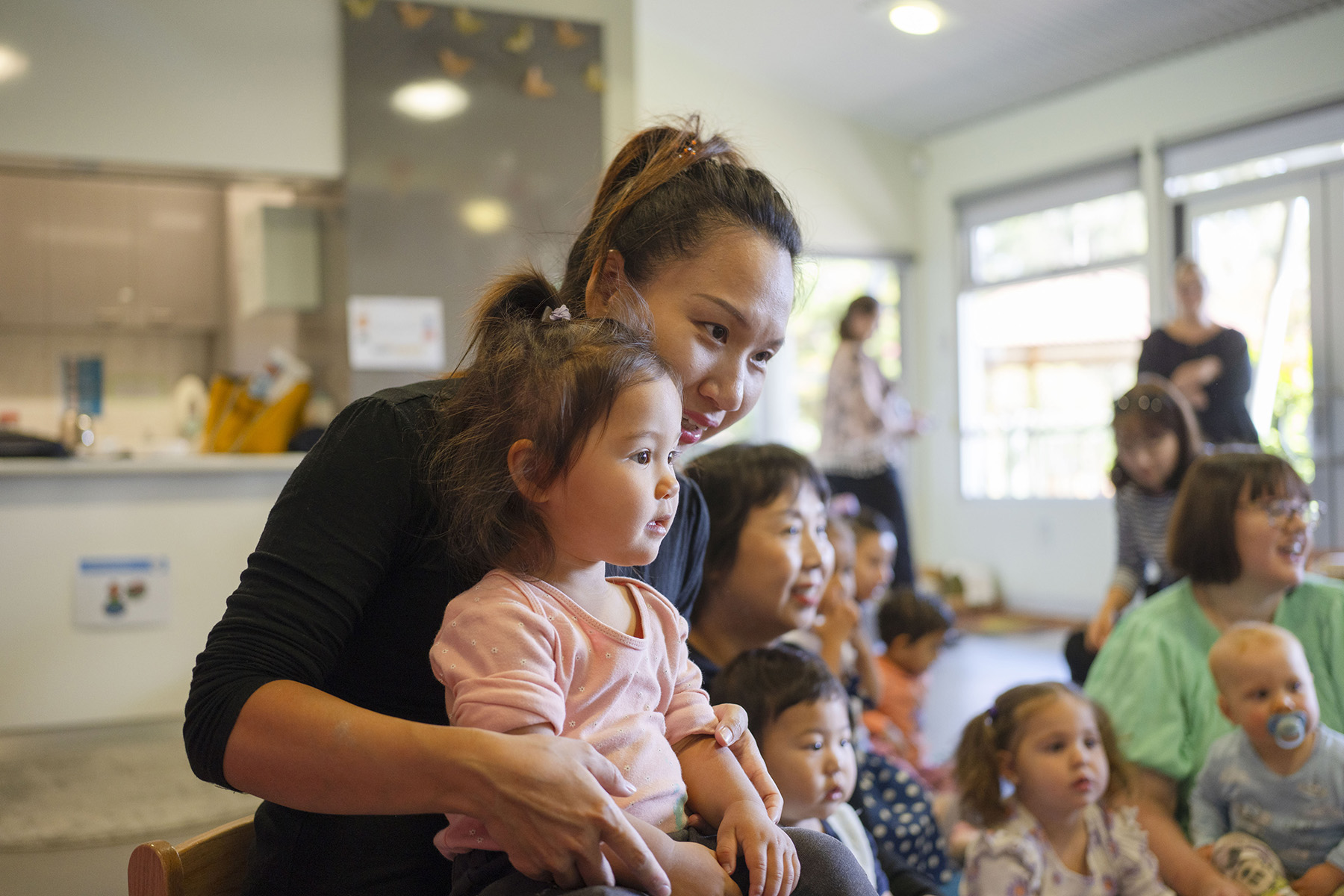
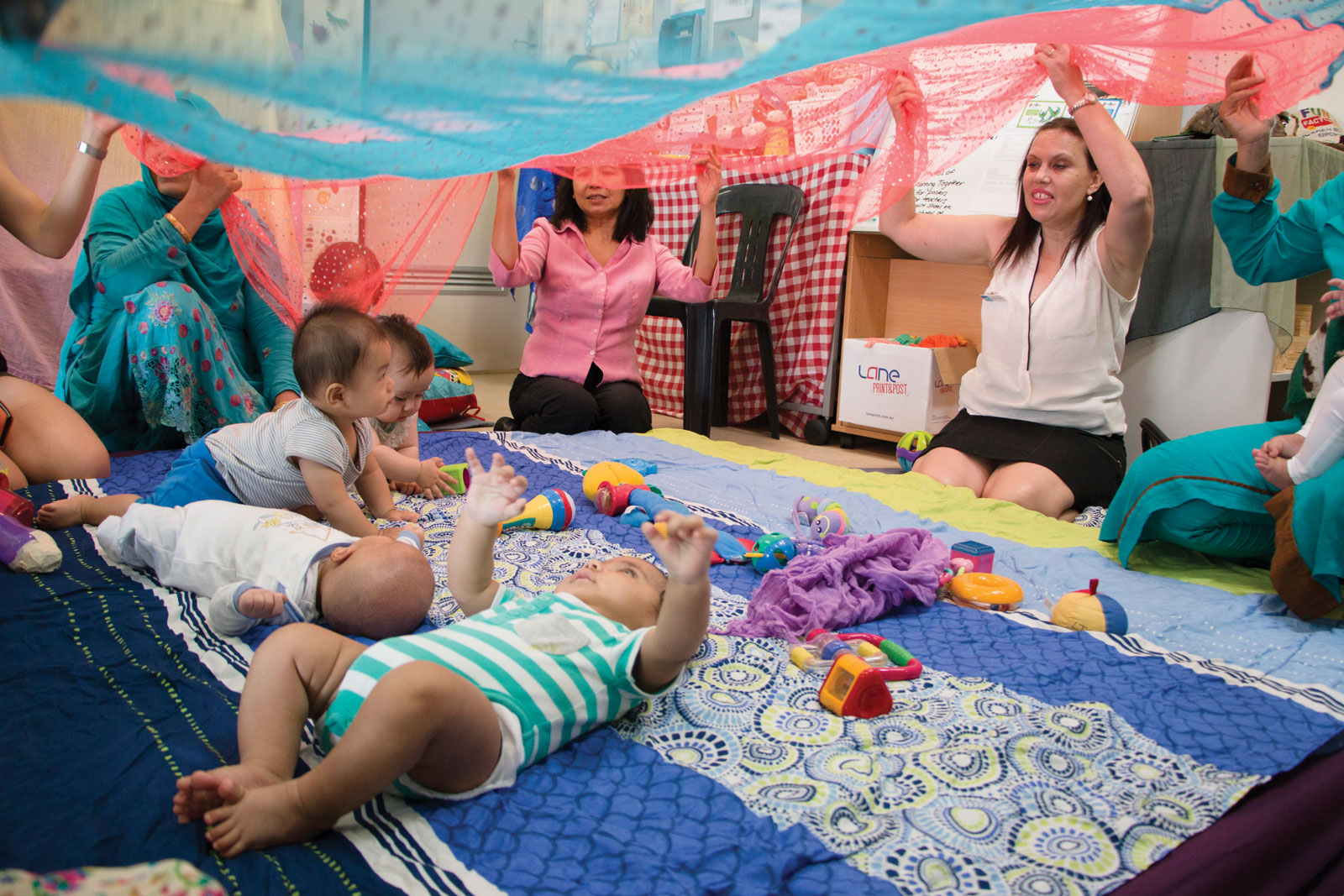
Table displays
Consider creating specific table displays with simple ideas or questions for parents and carers to help them engage in their child’s learning.
See table top activity information sheets in the resources section for handy templates.
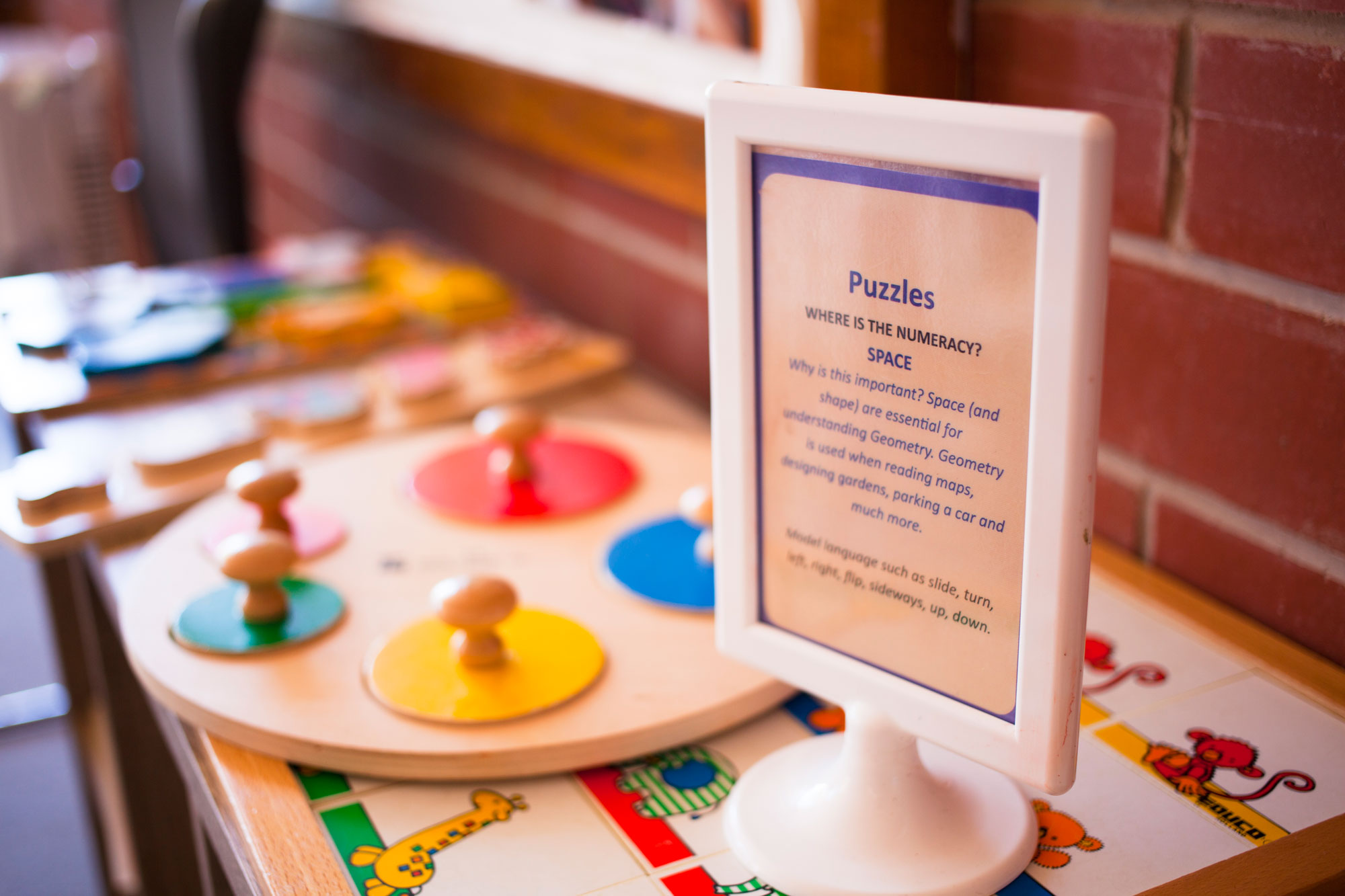
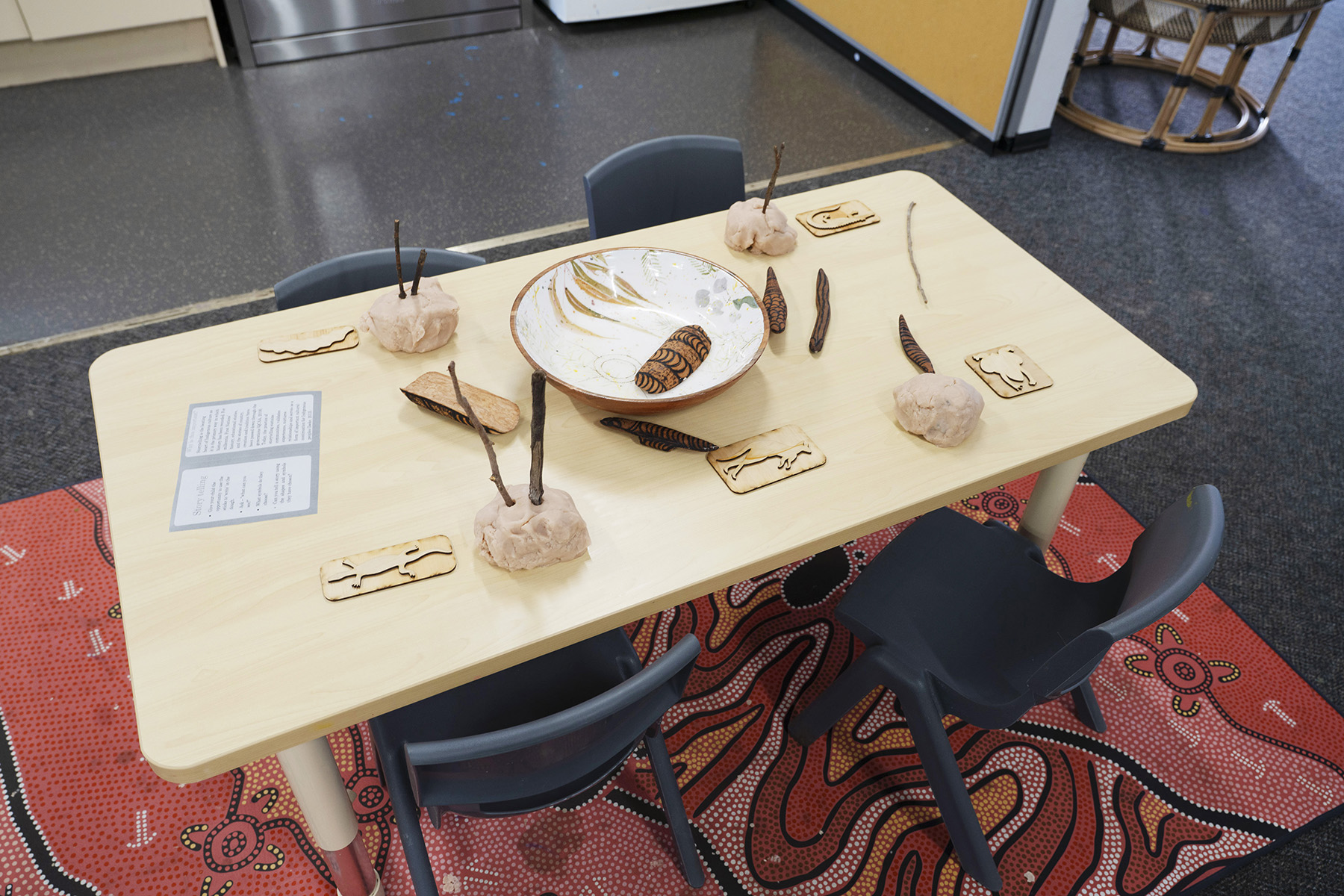
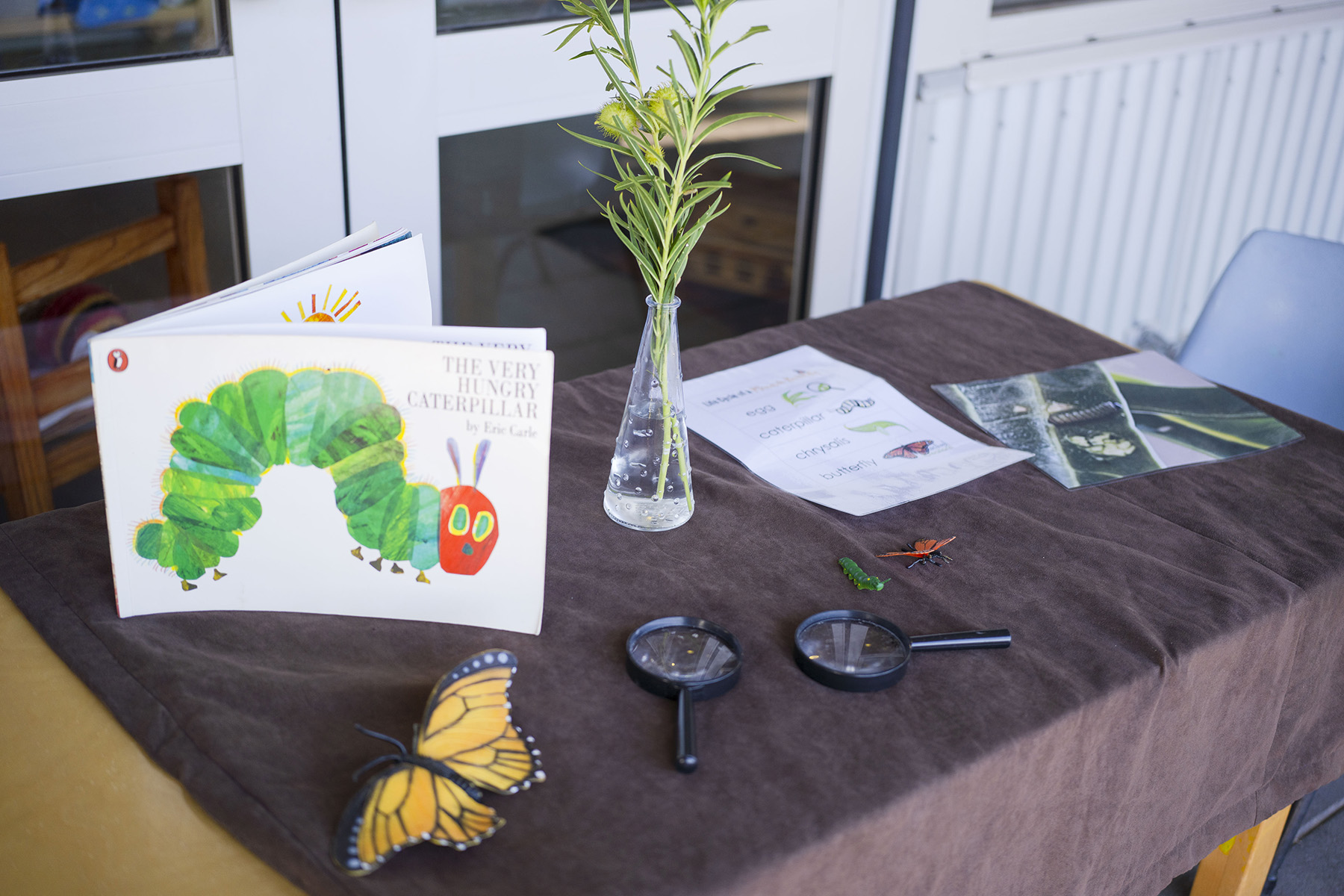
Visual displays
Consider creating visual displays that help parents and carers understand the benefits of activities and practices.
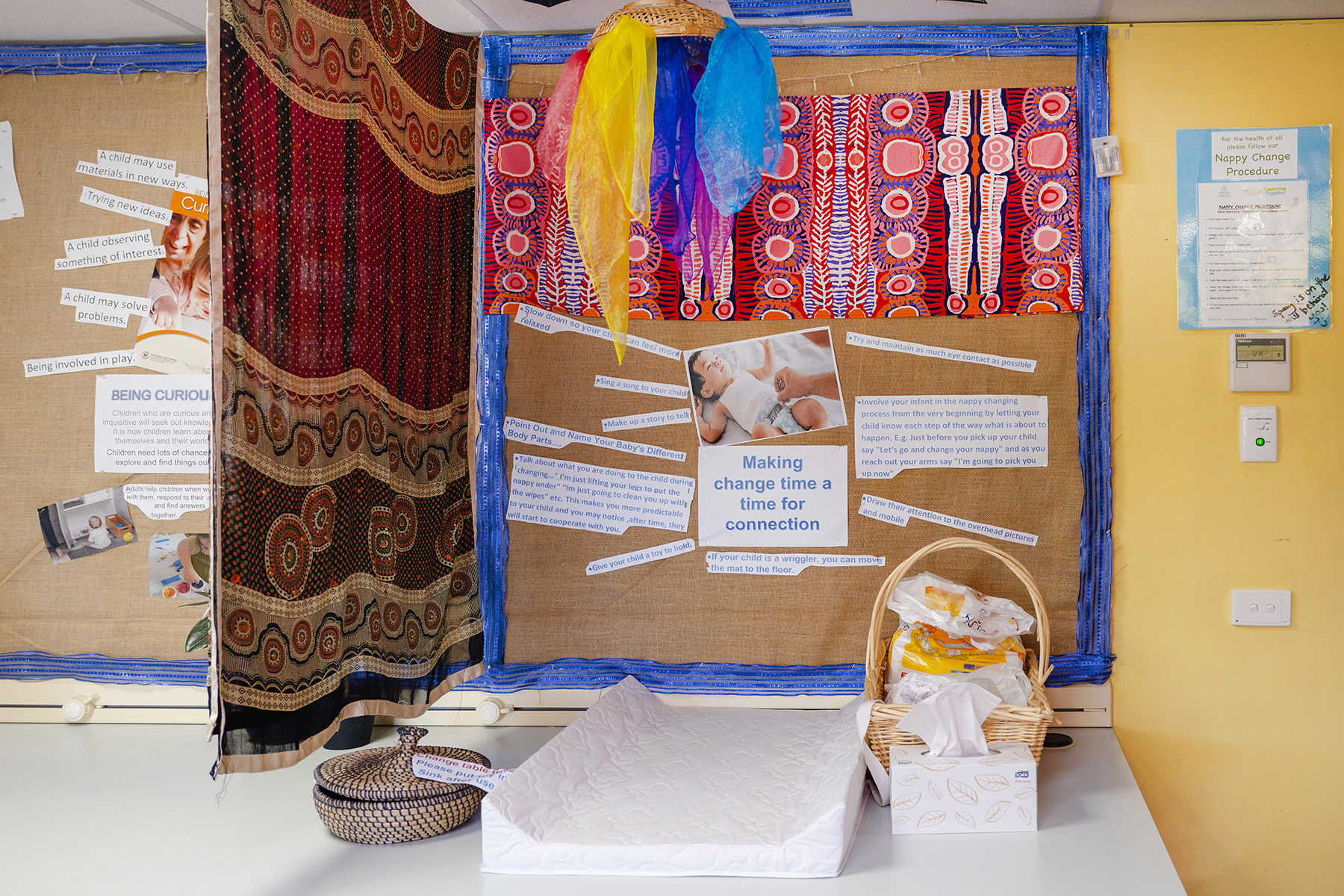
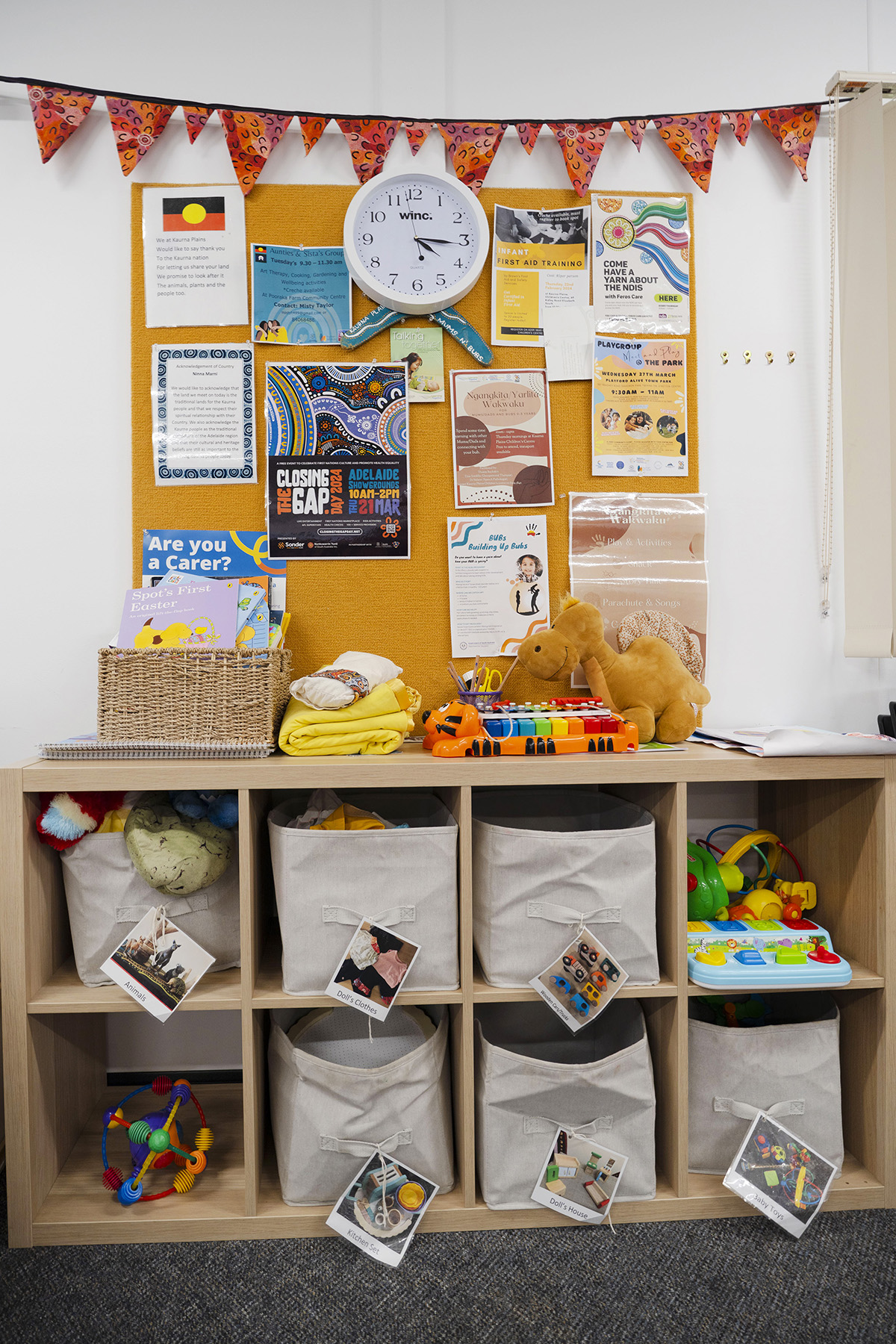
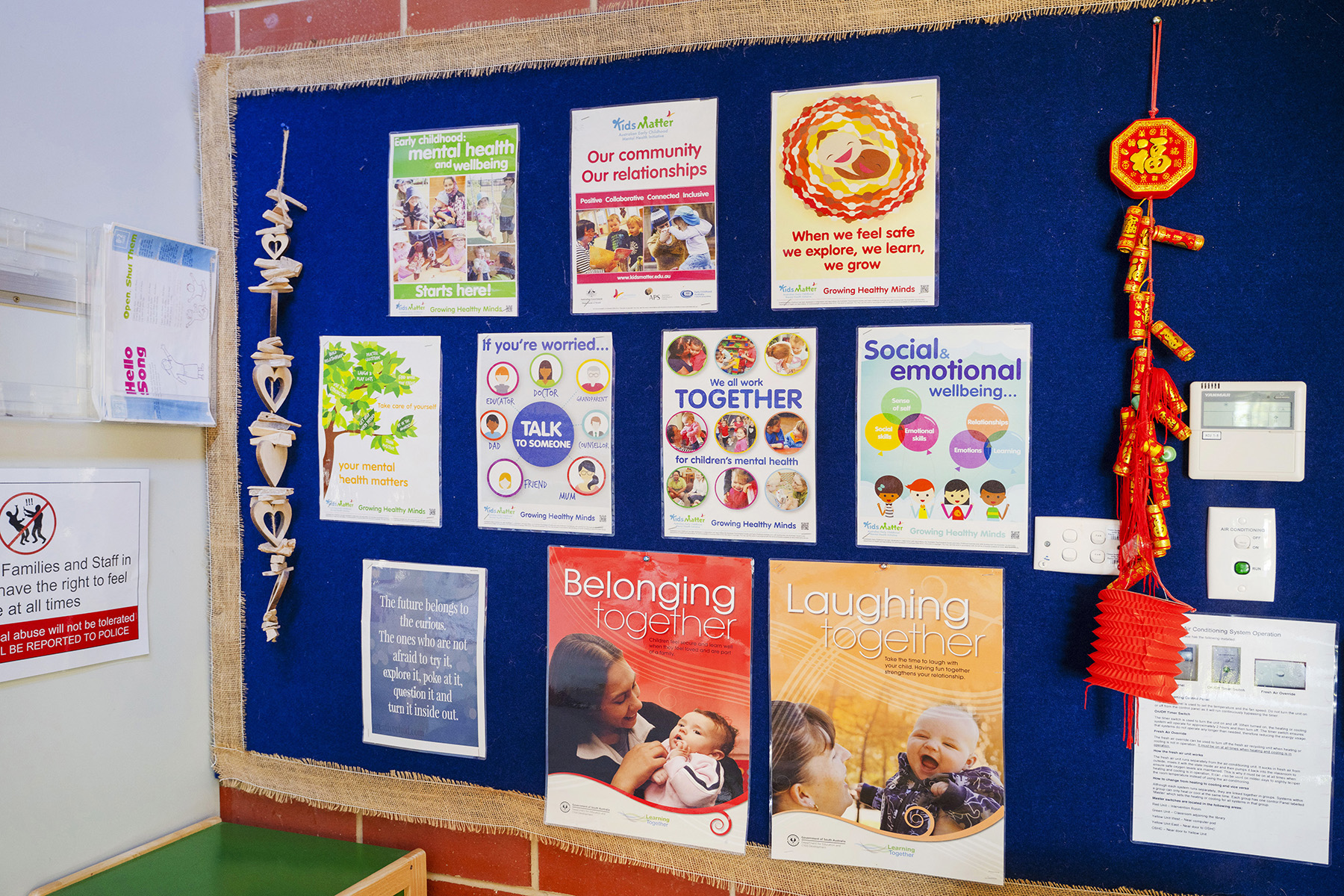
Visit Together activities for more play ideas to use in these spaces.


